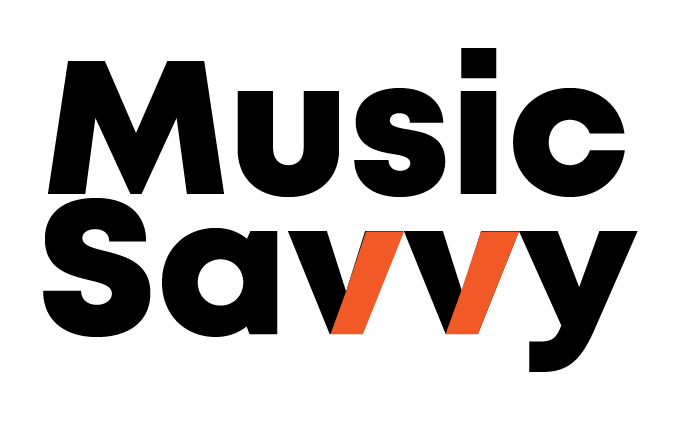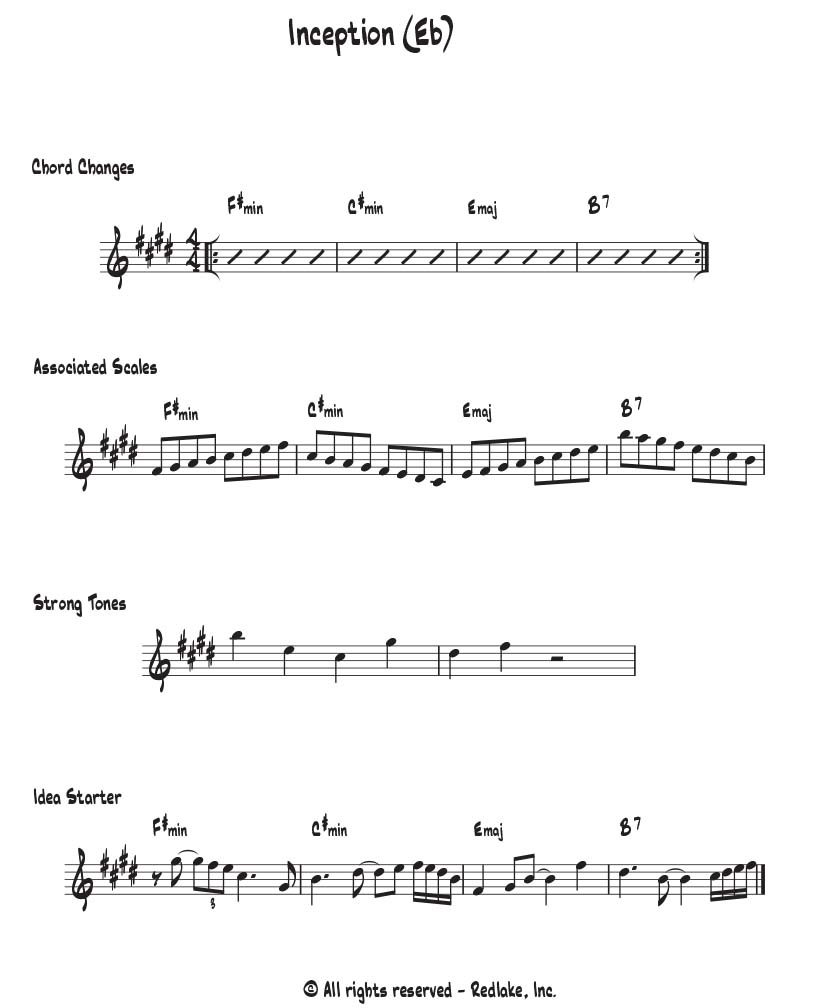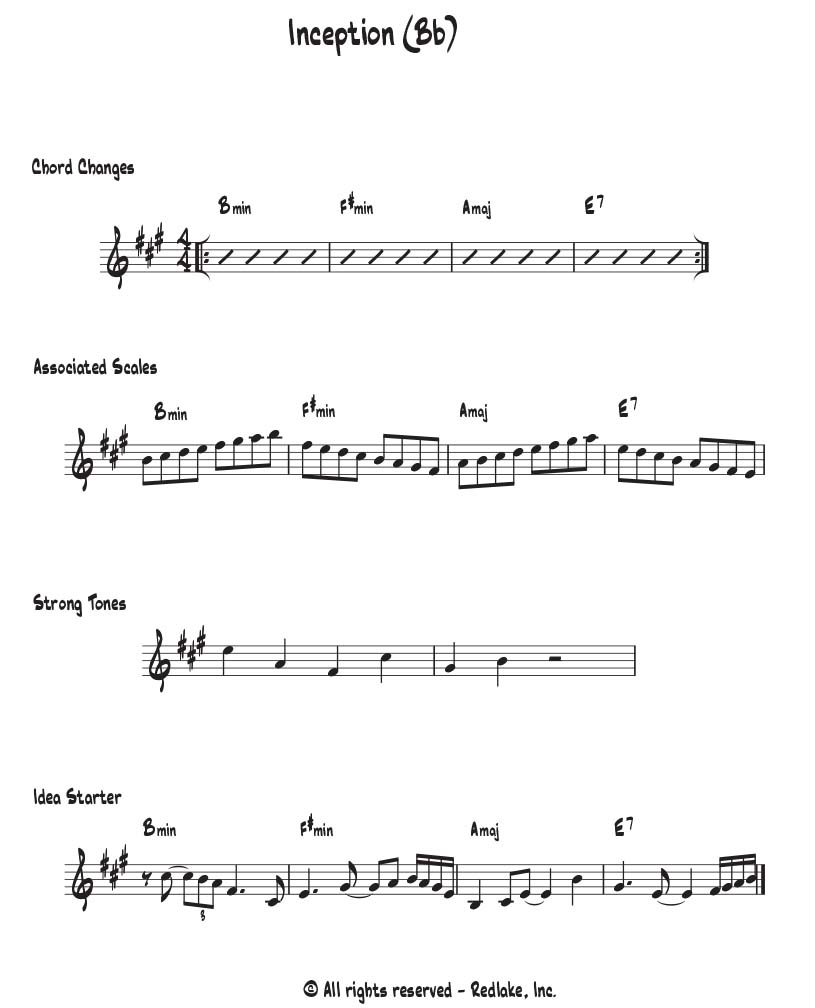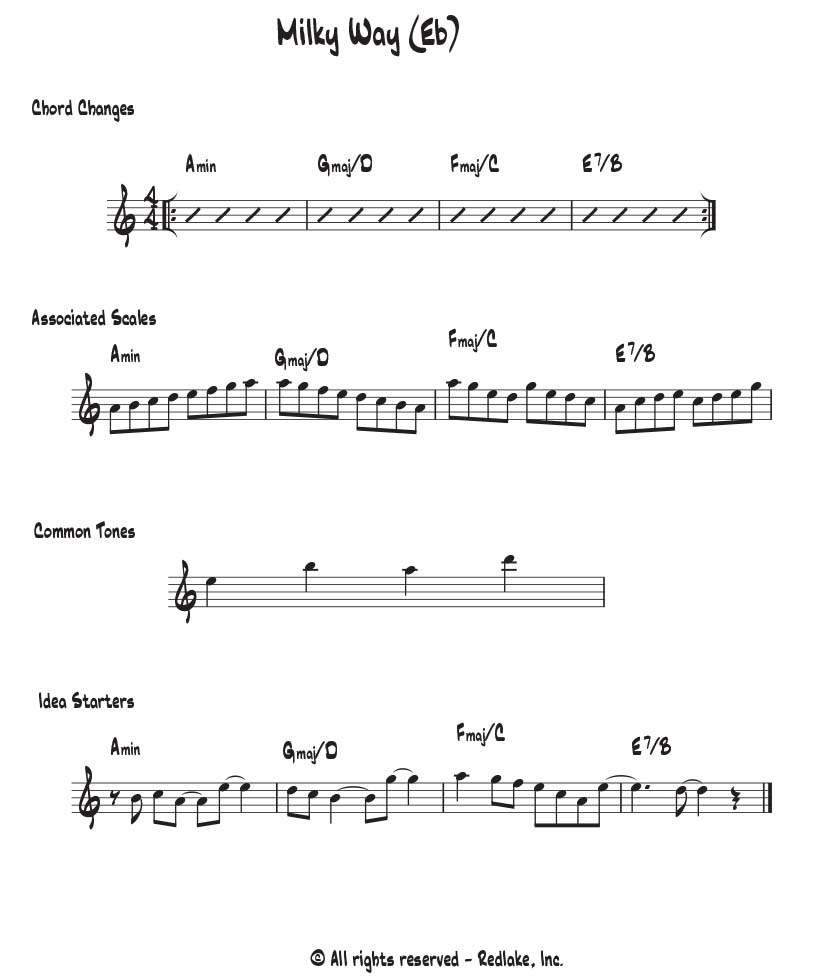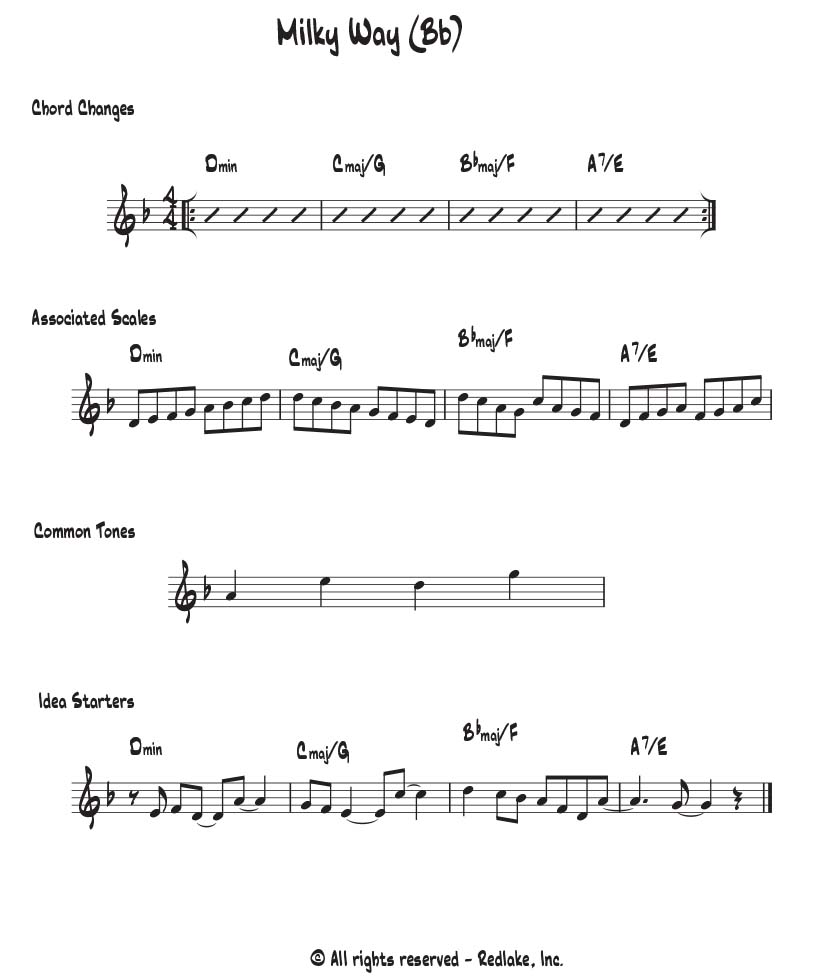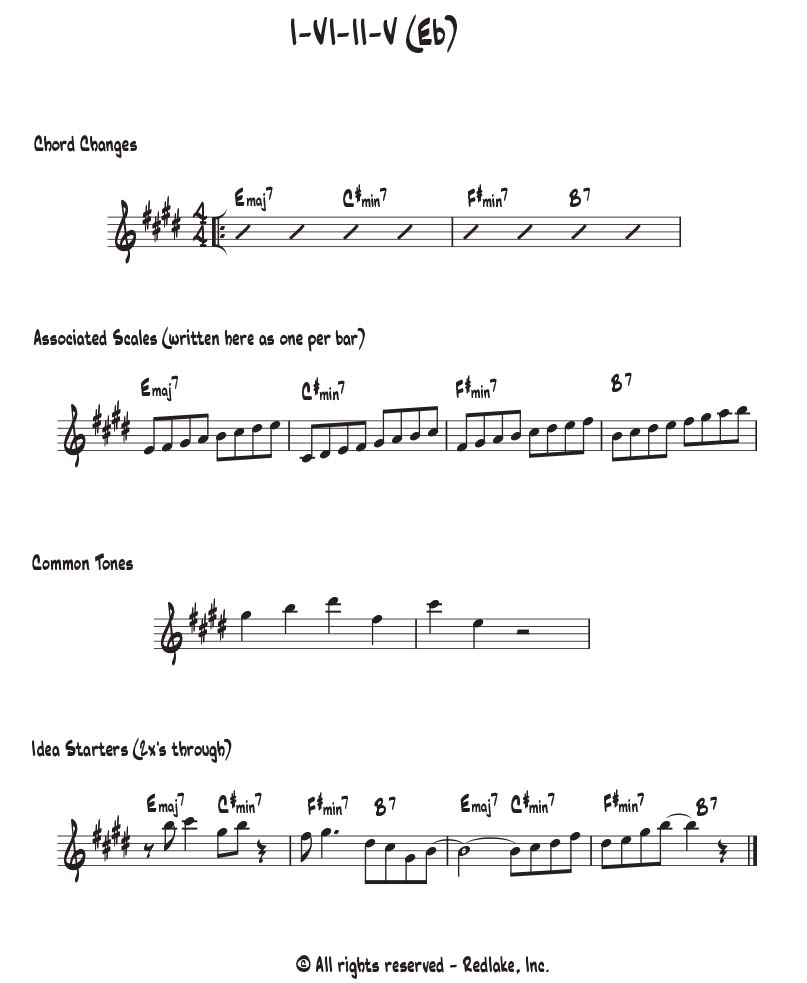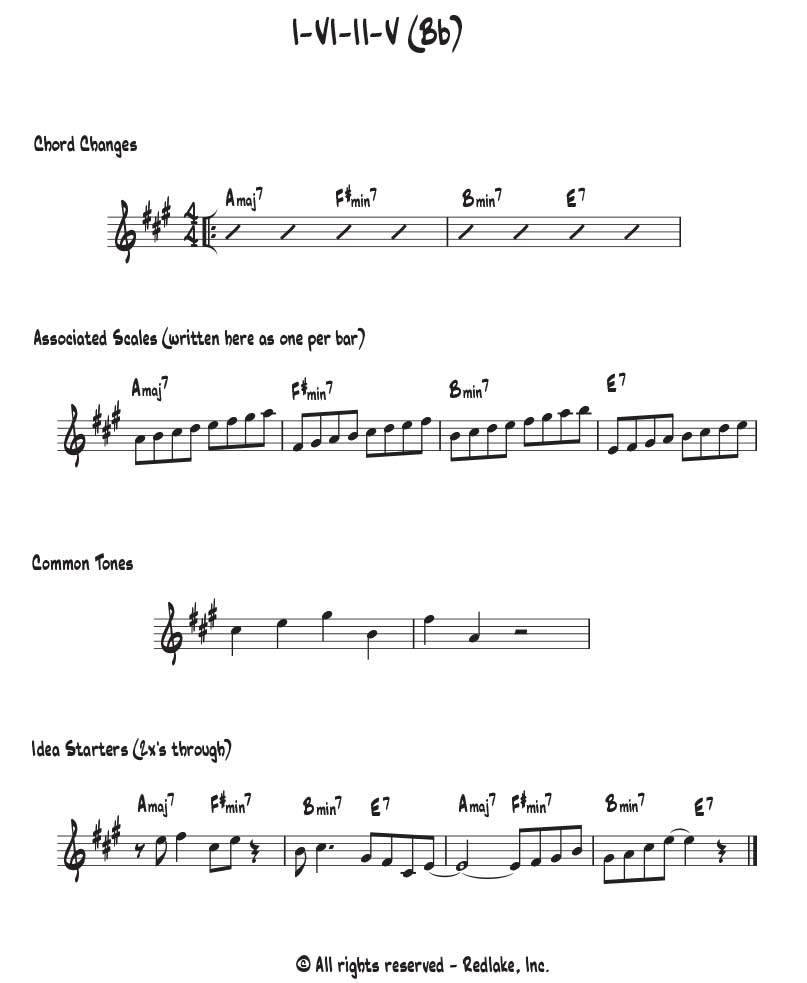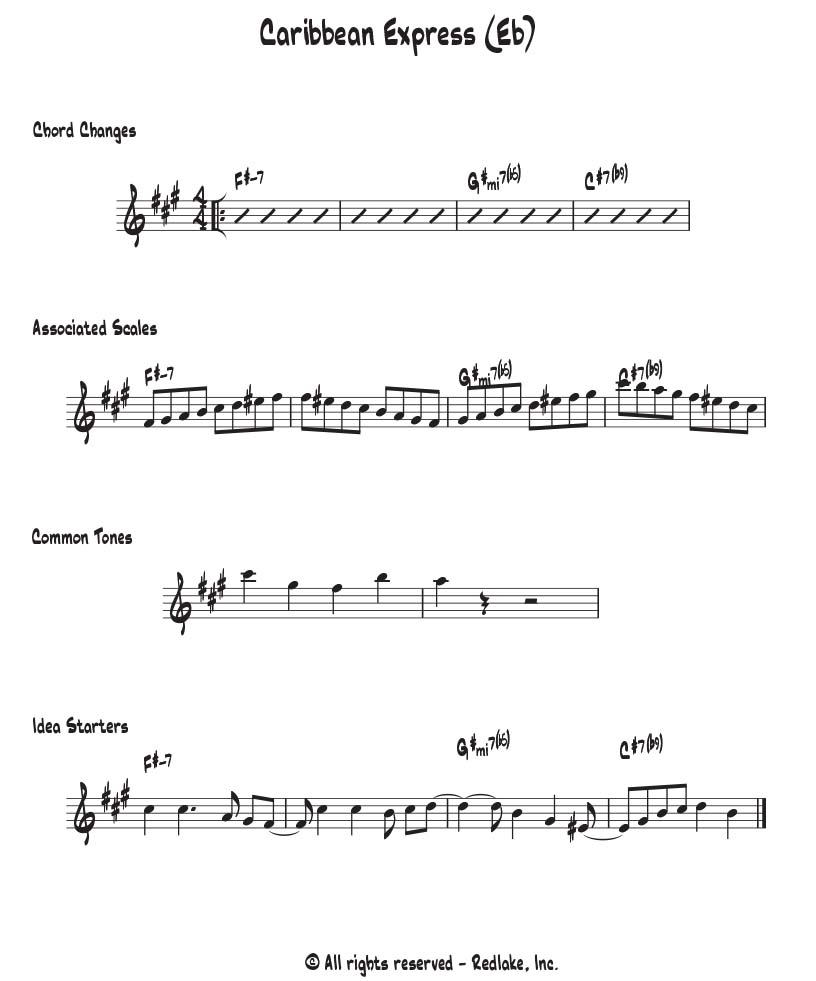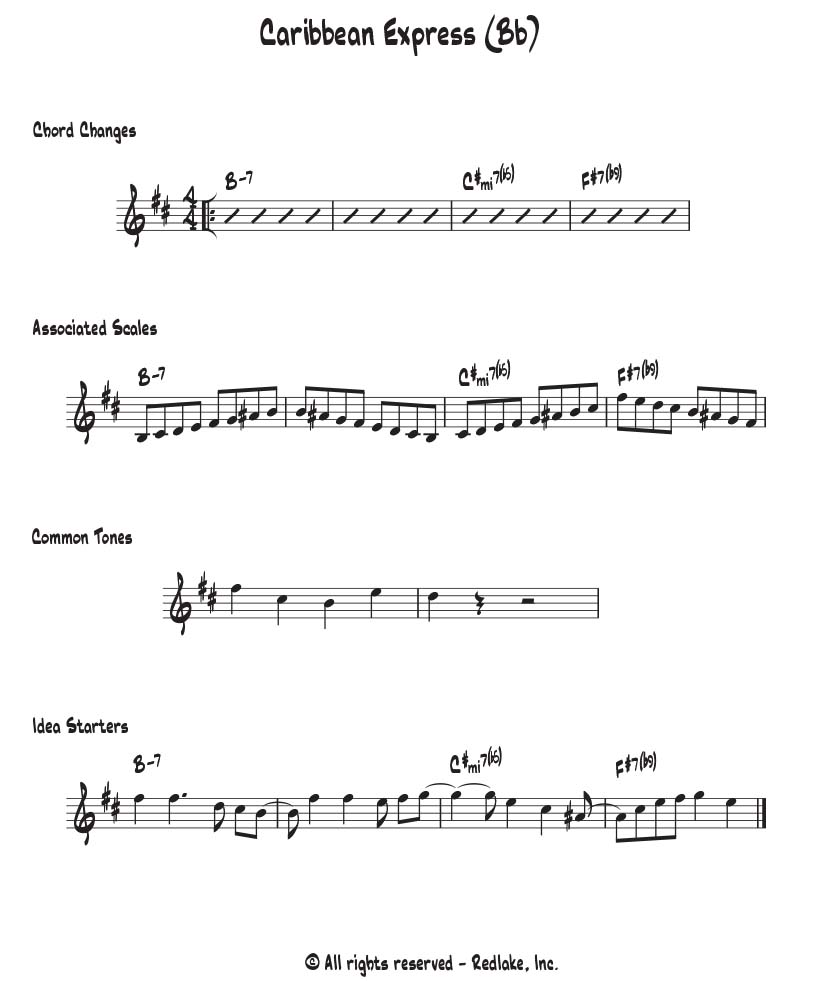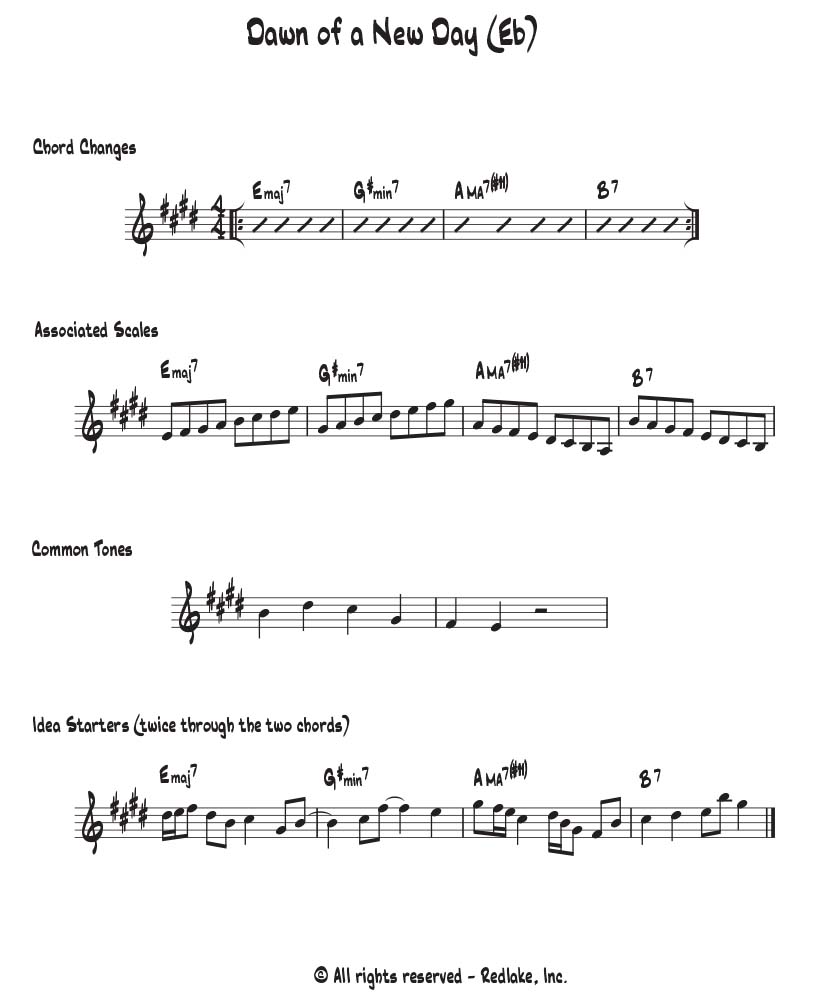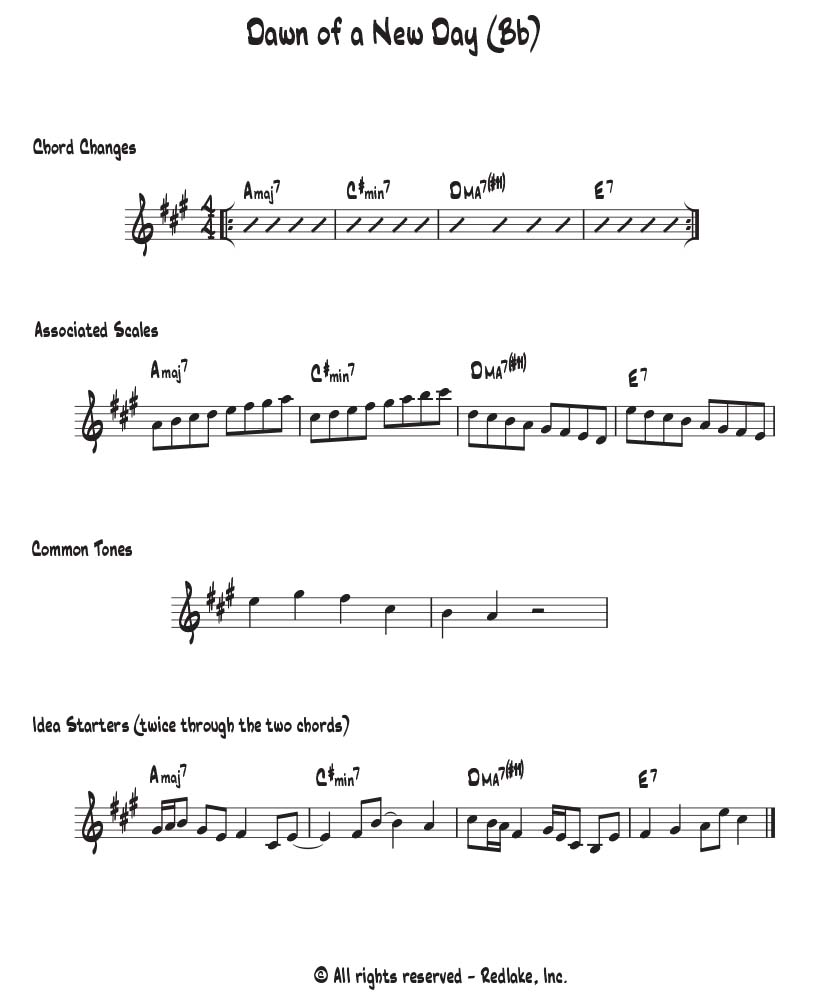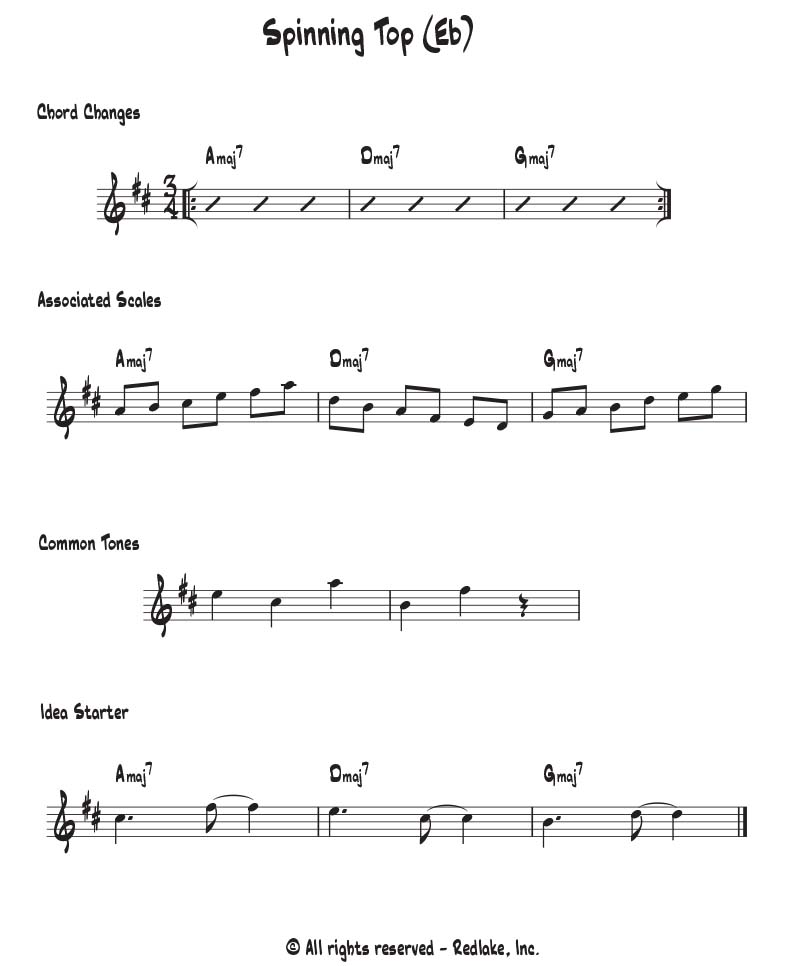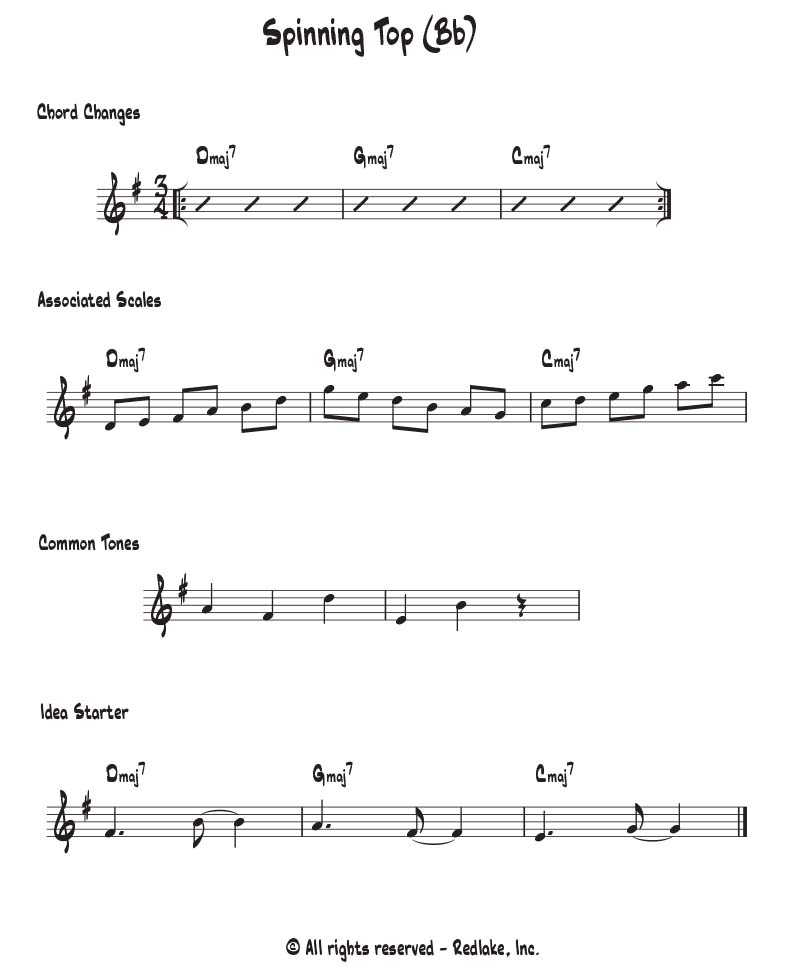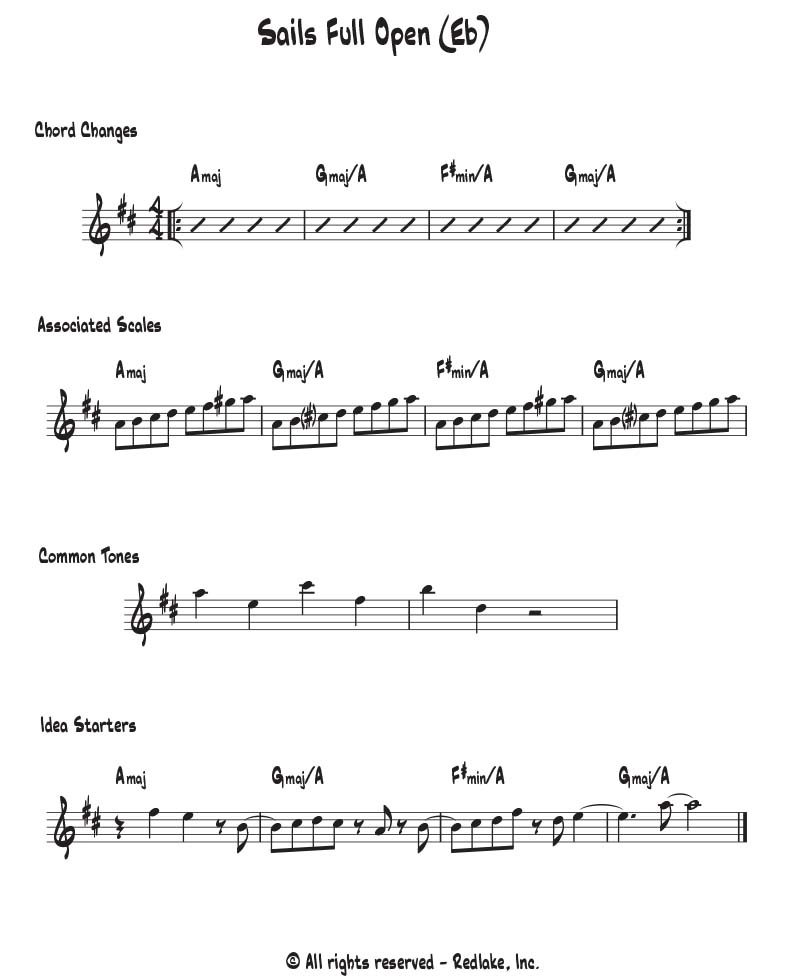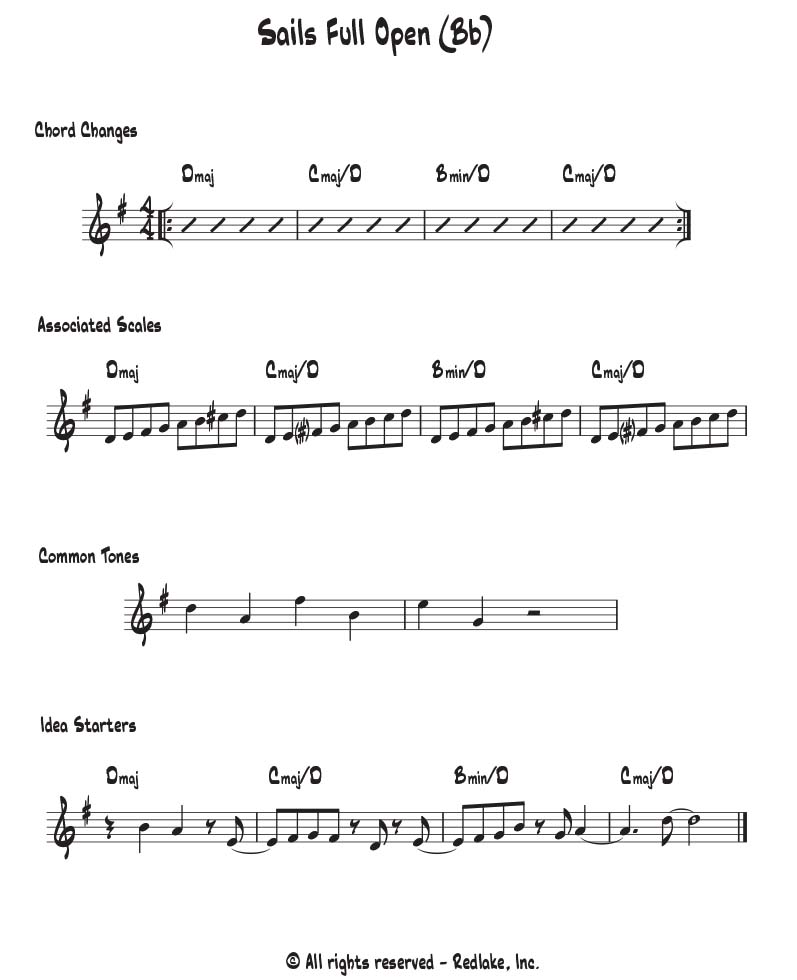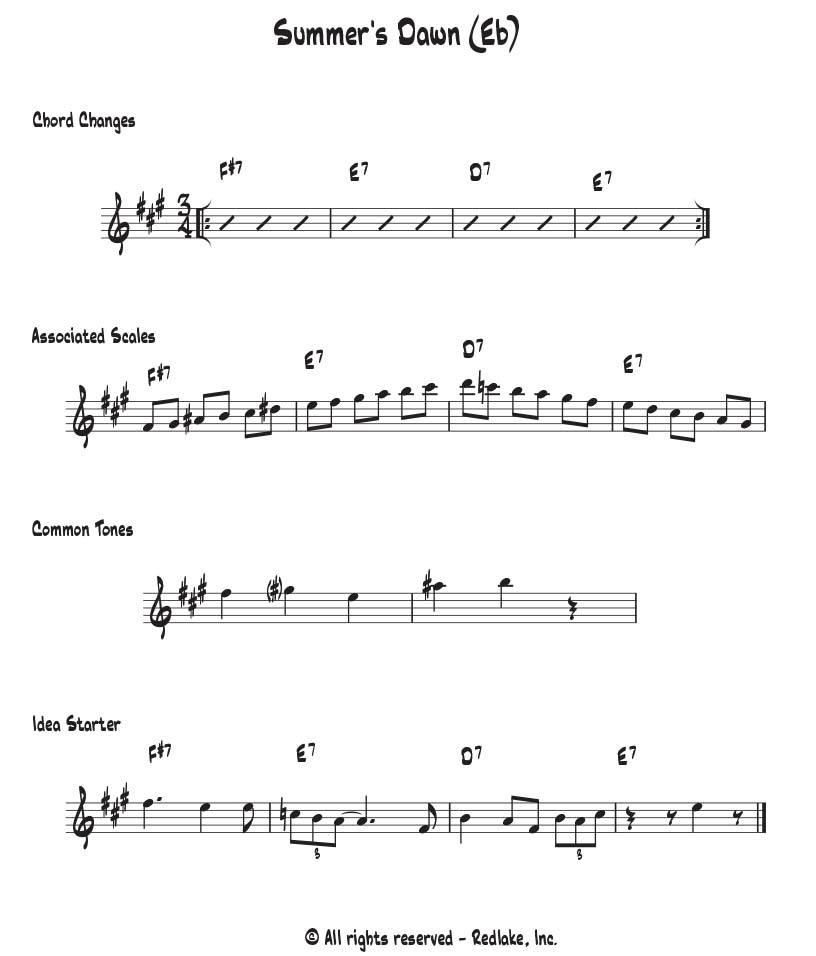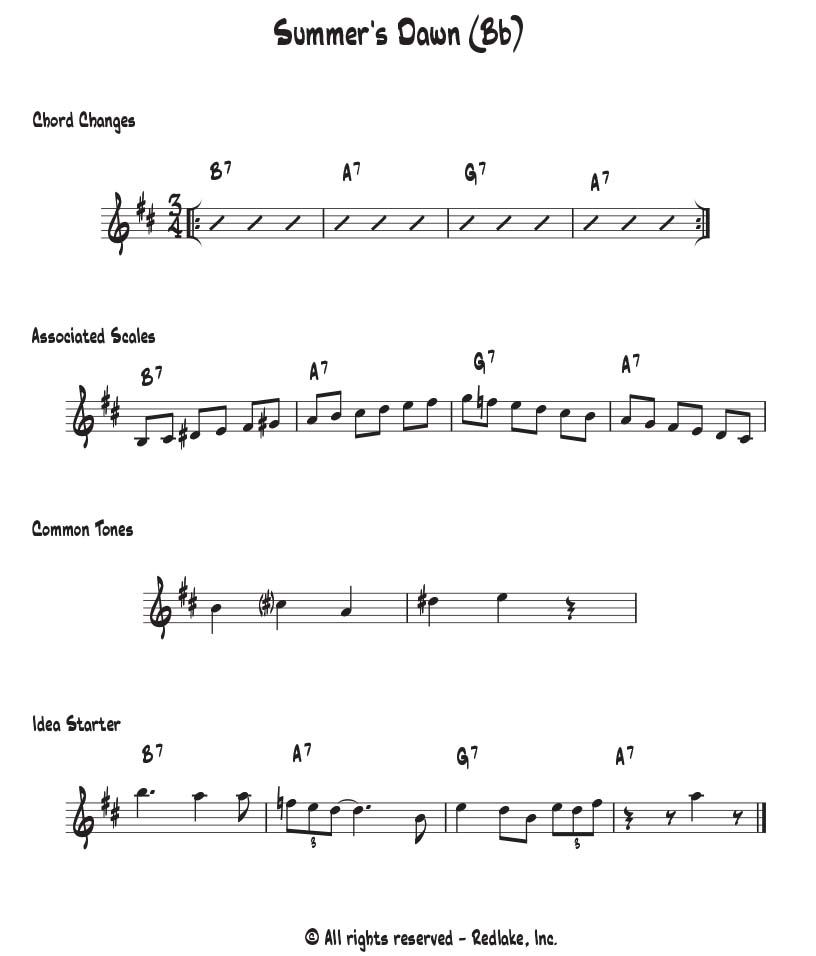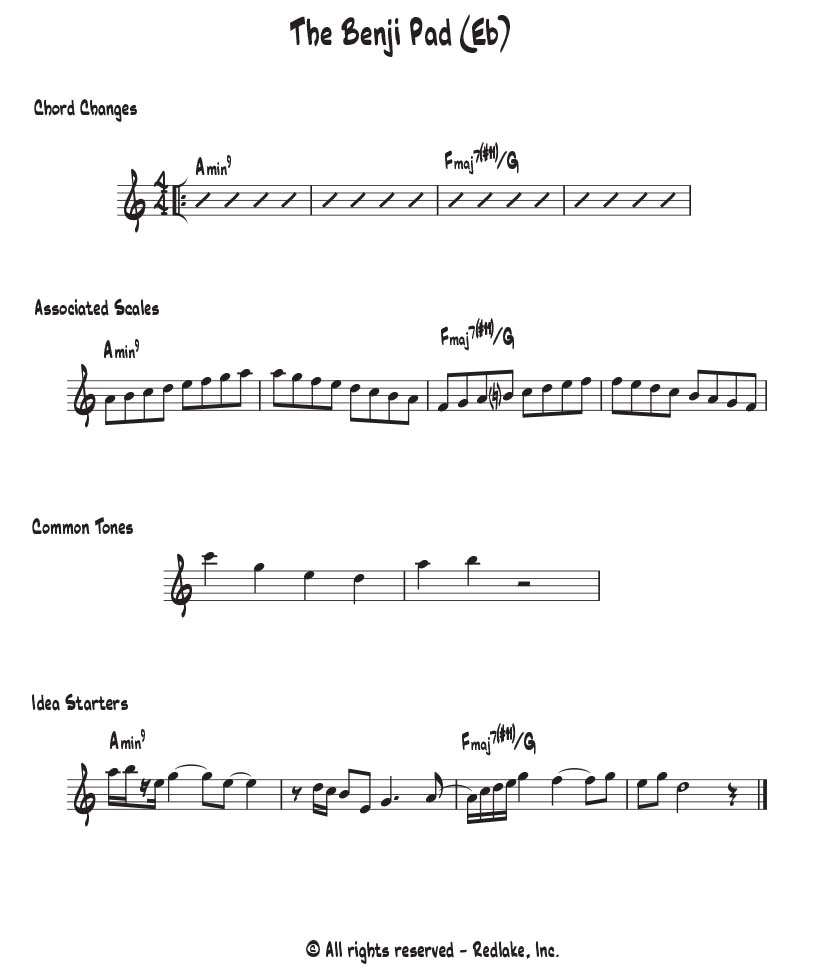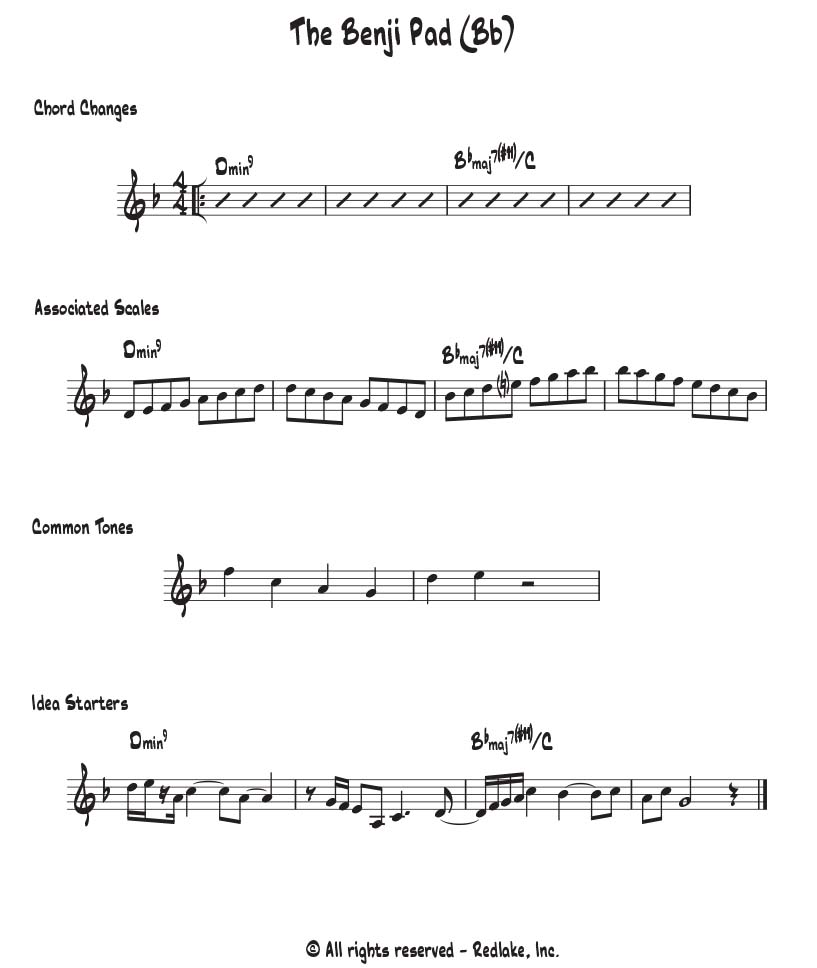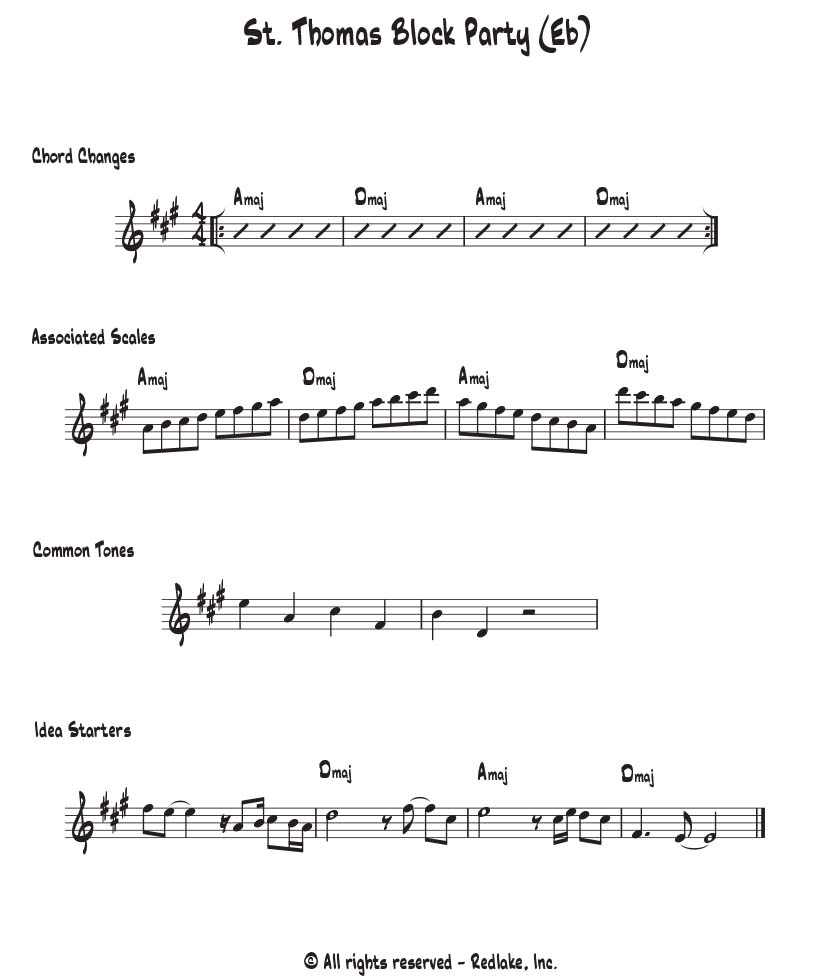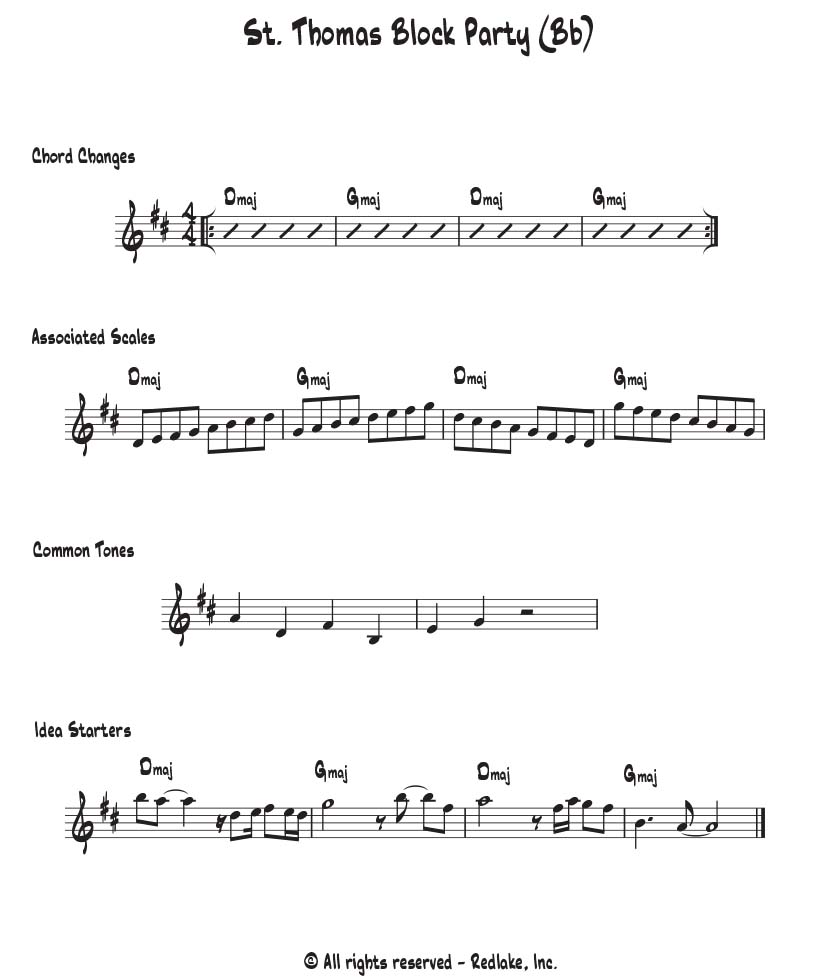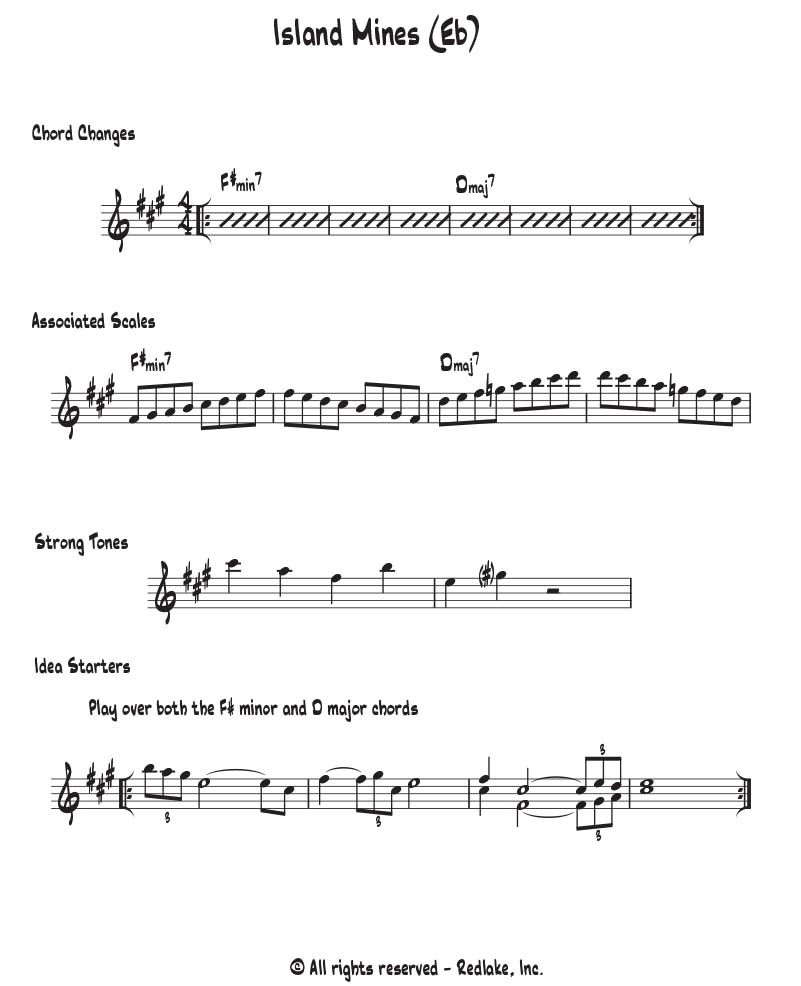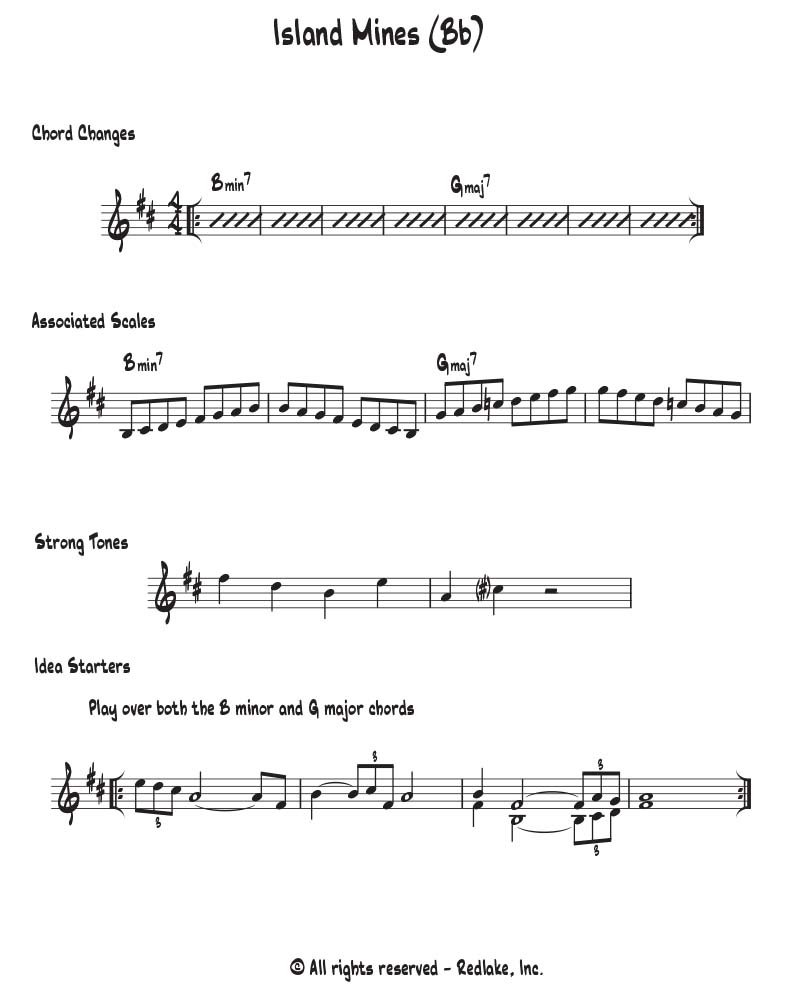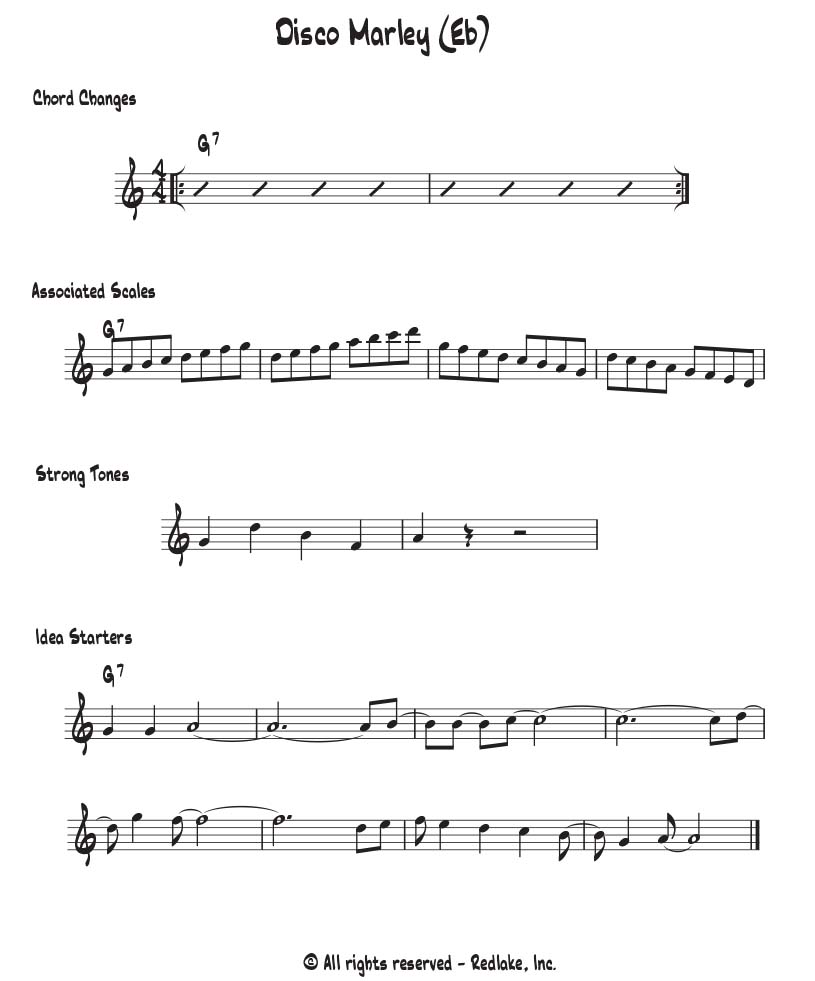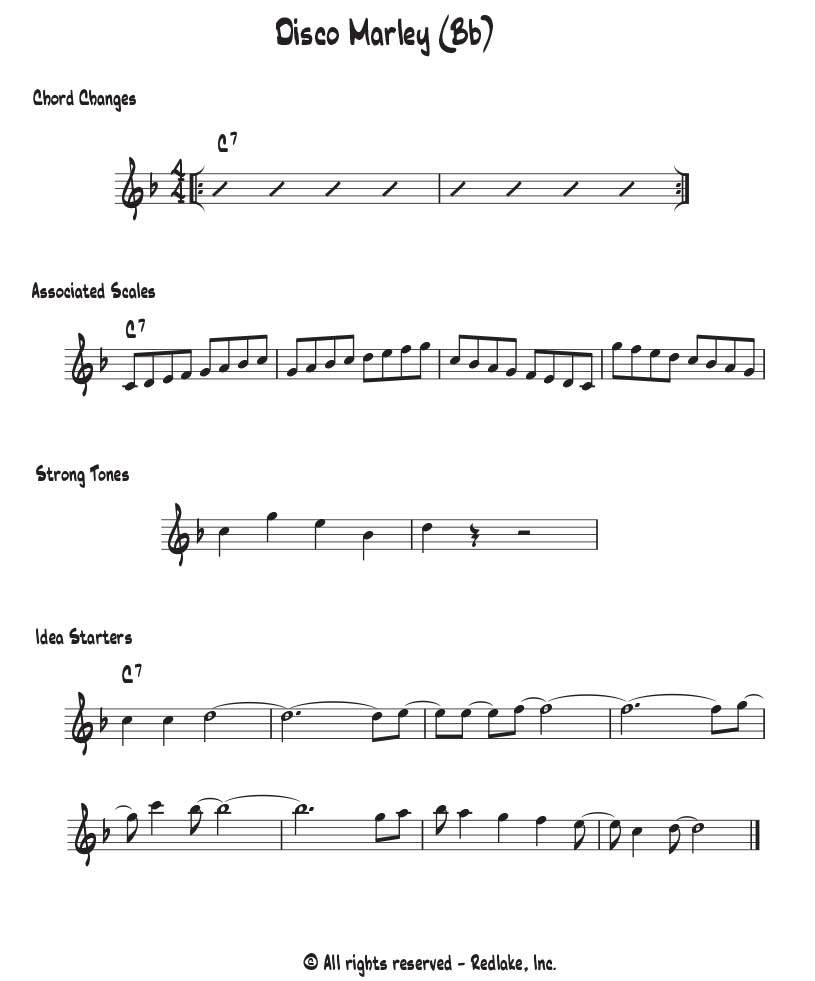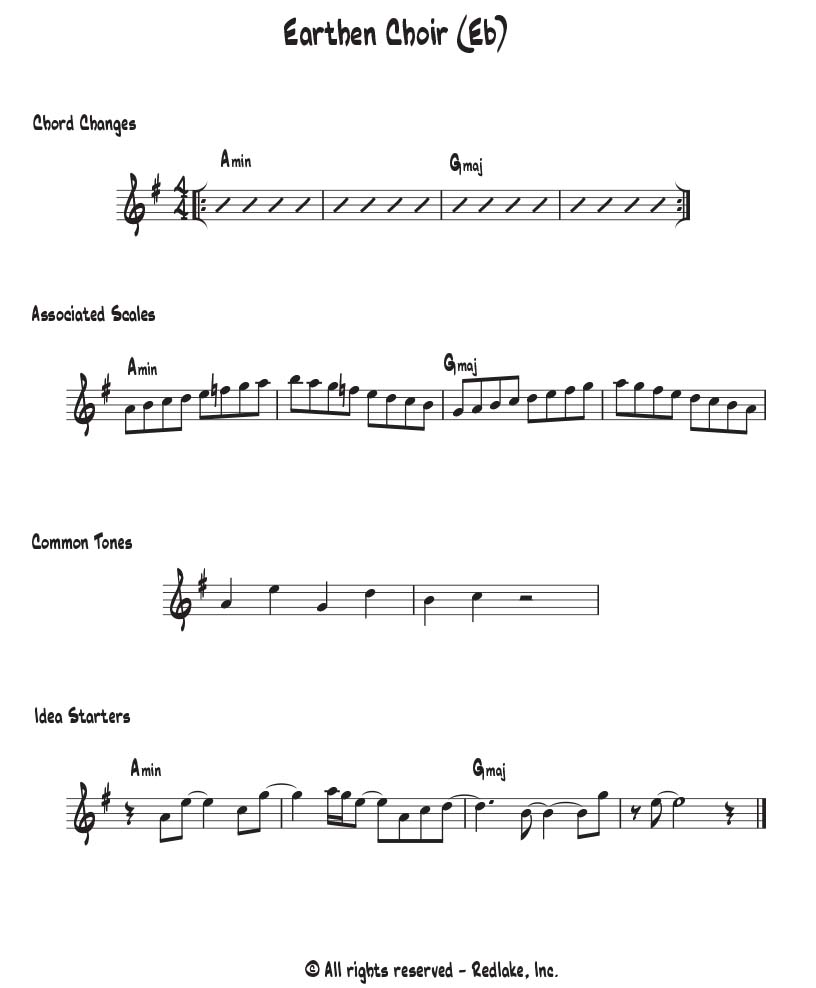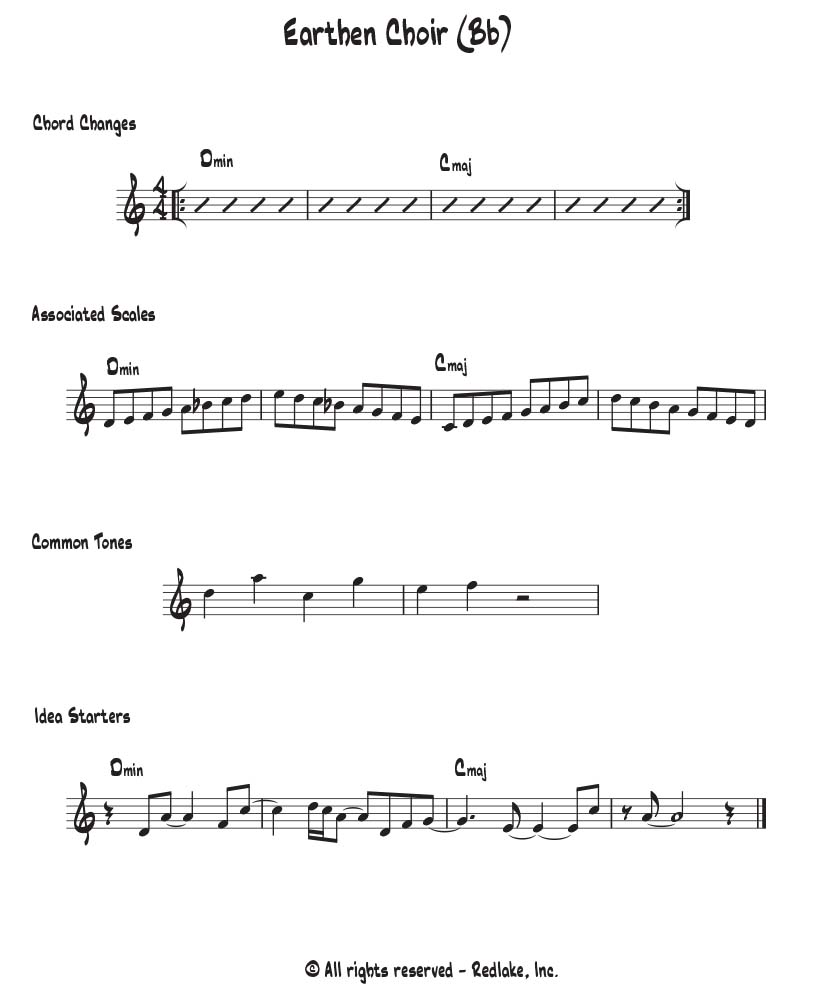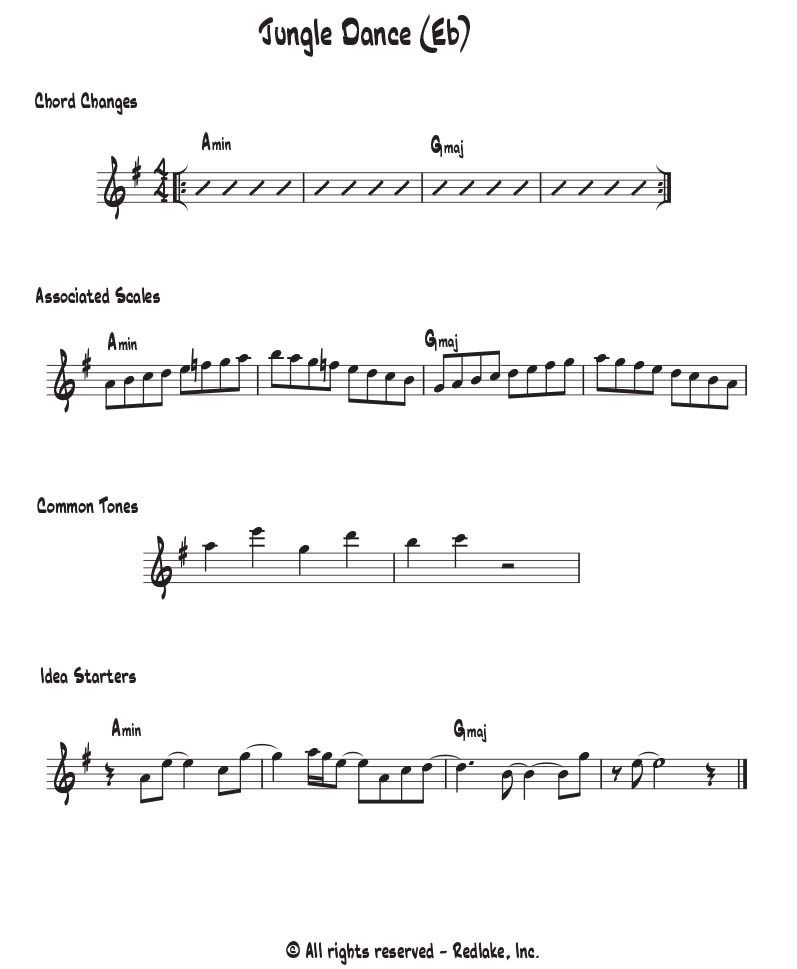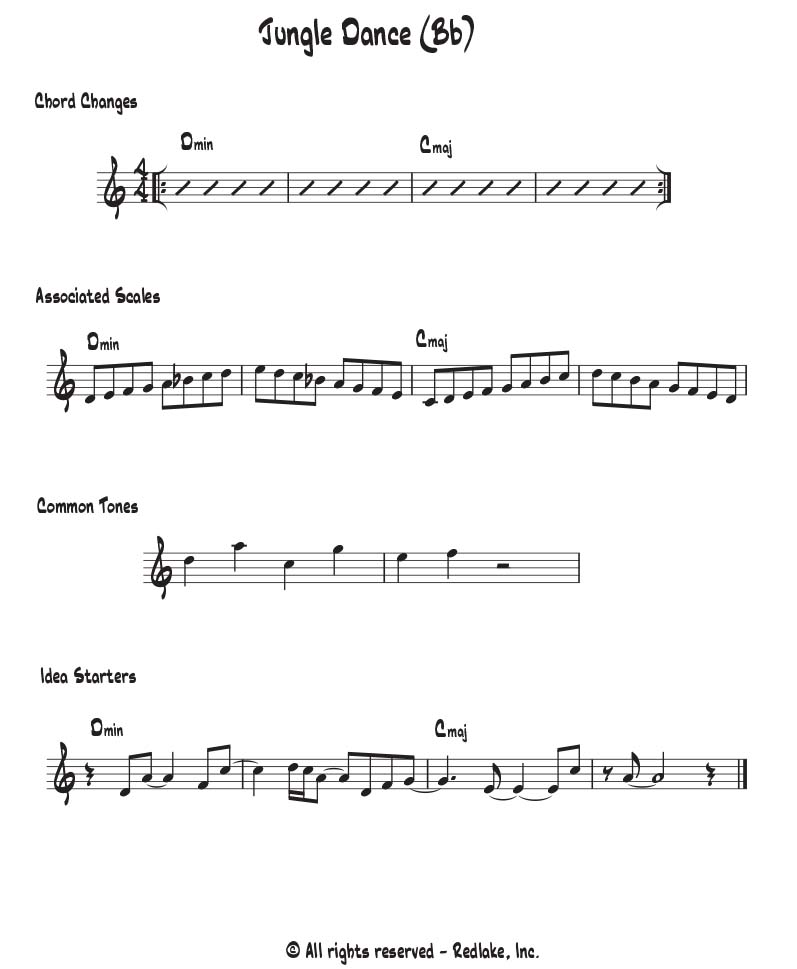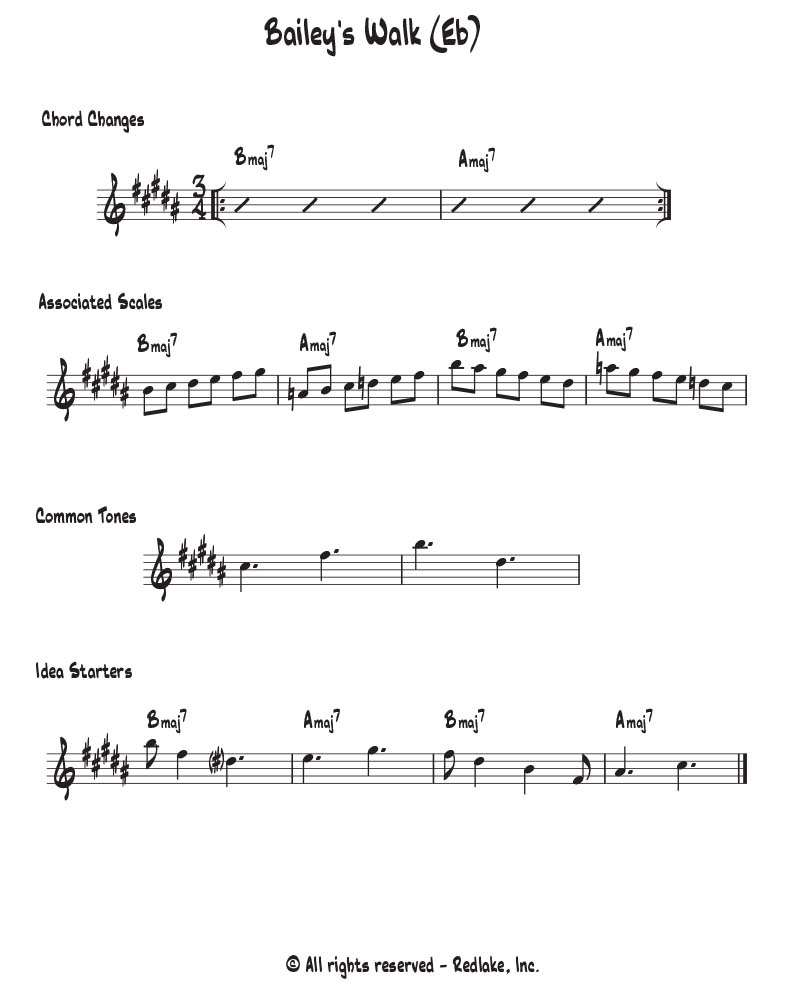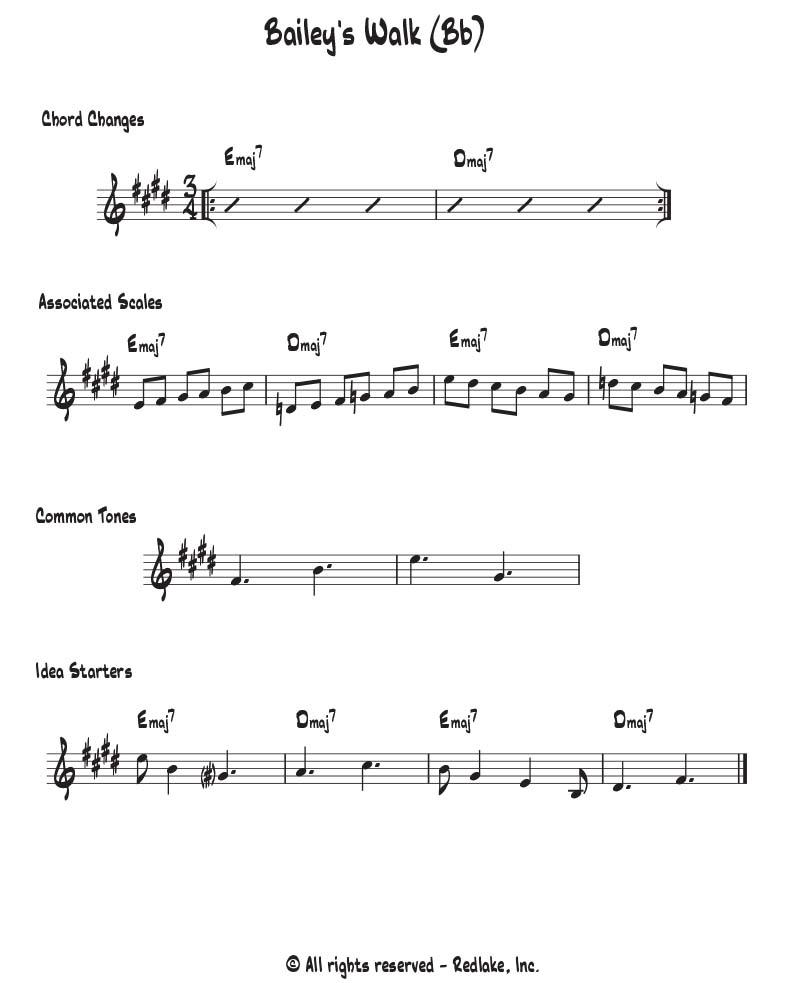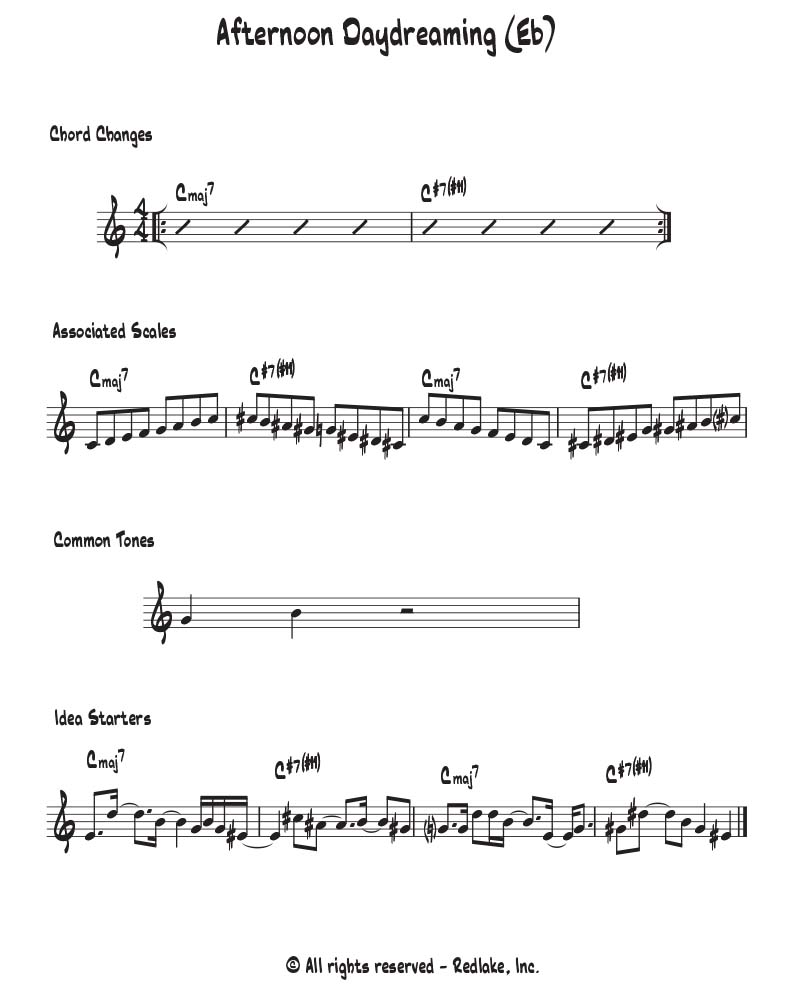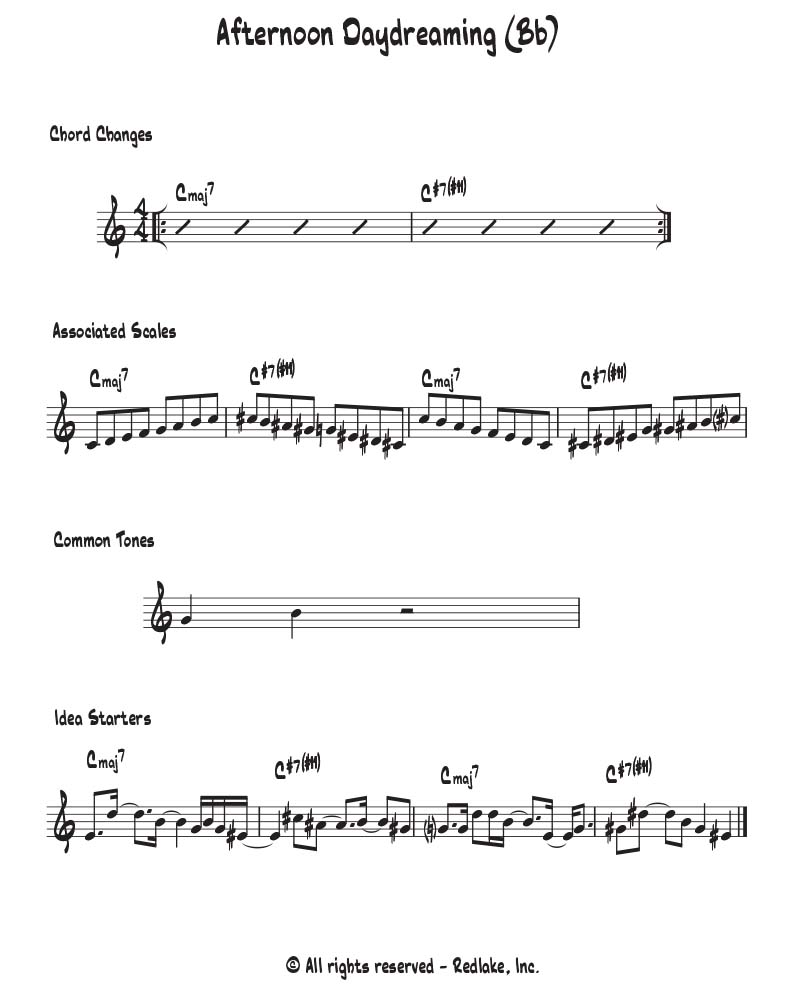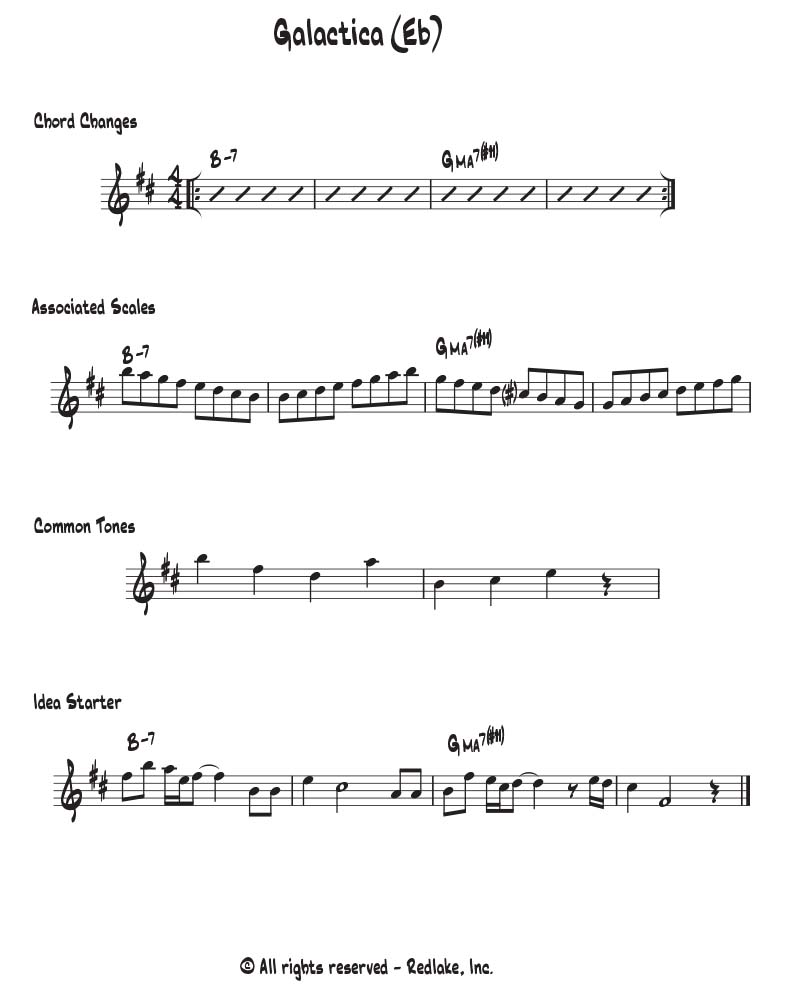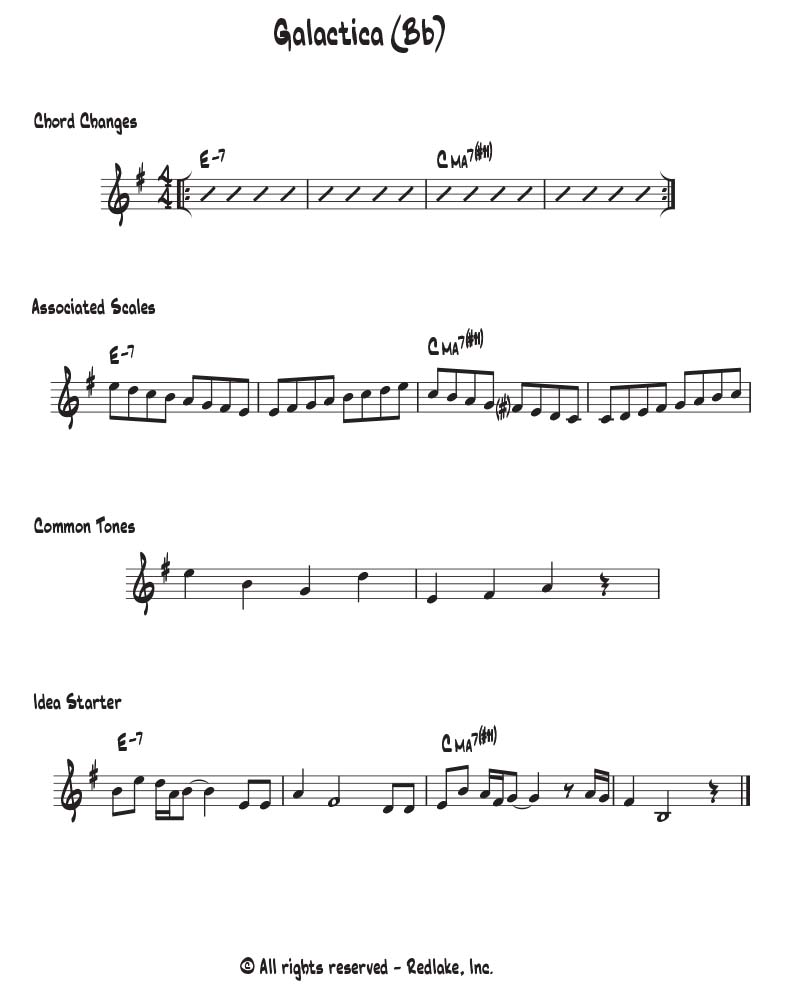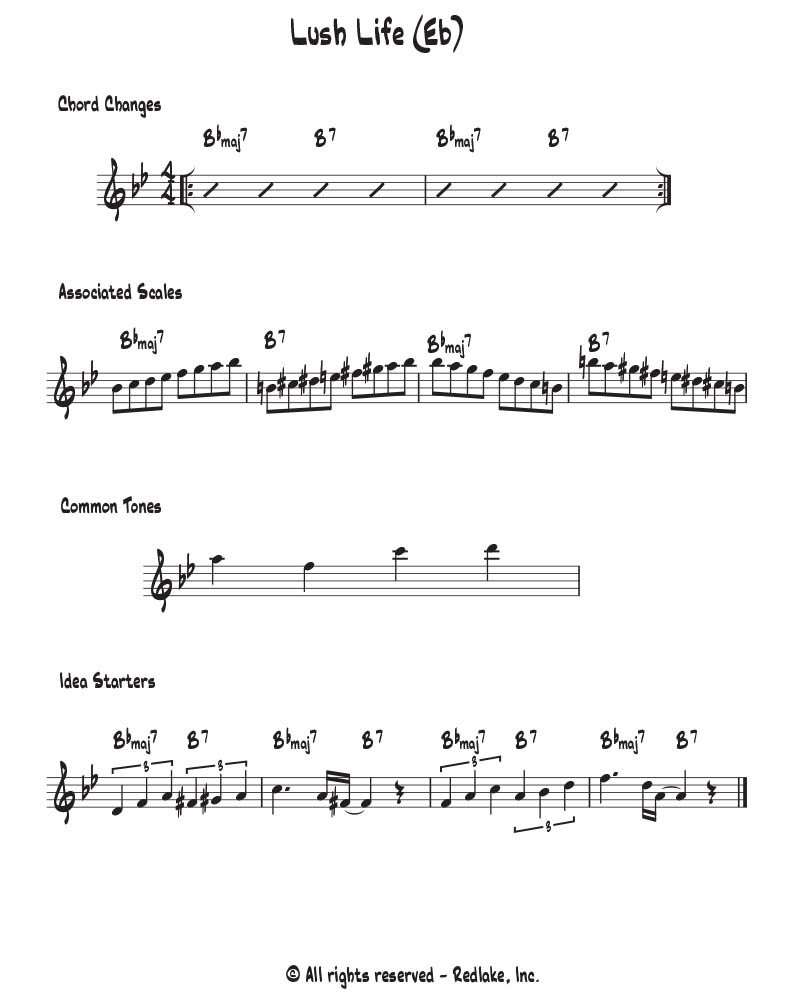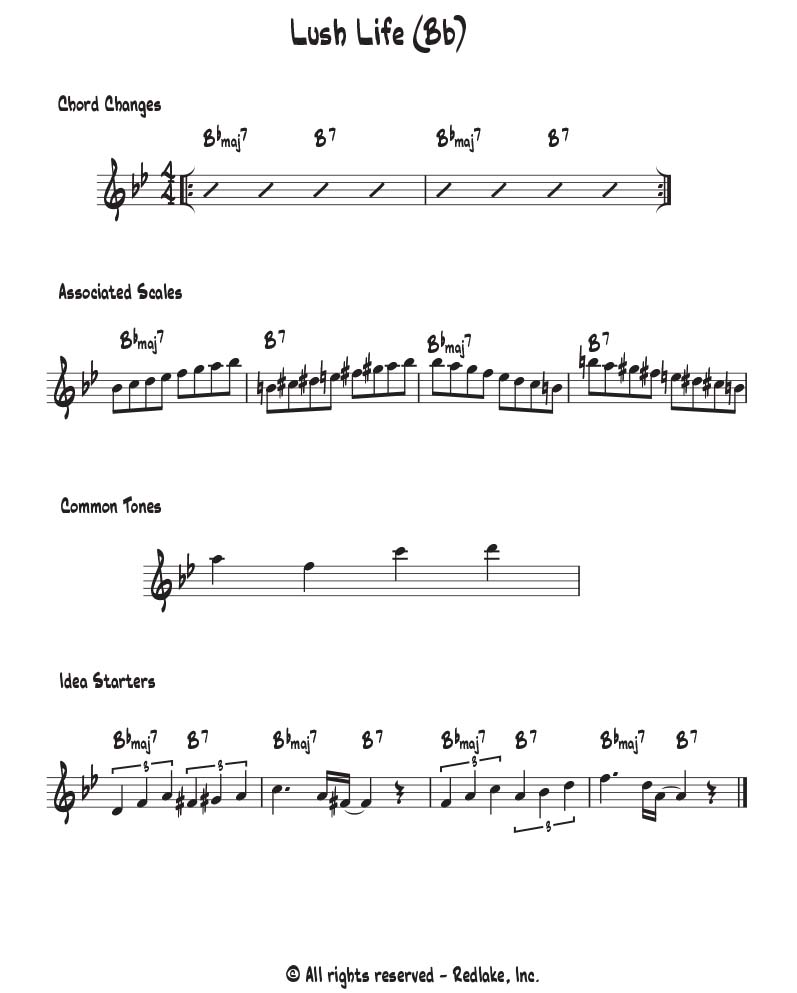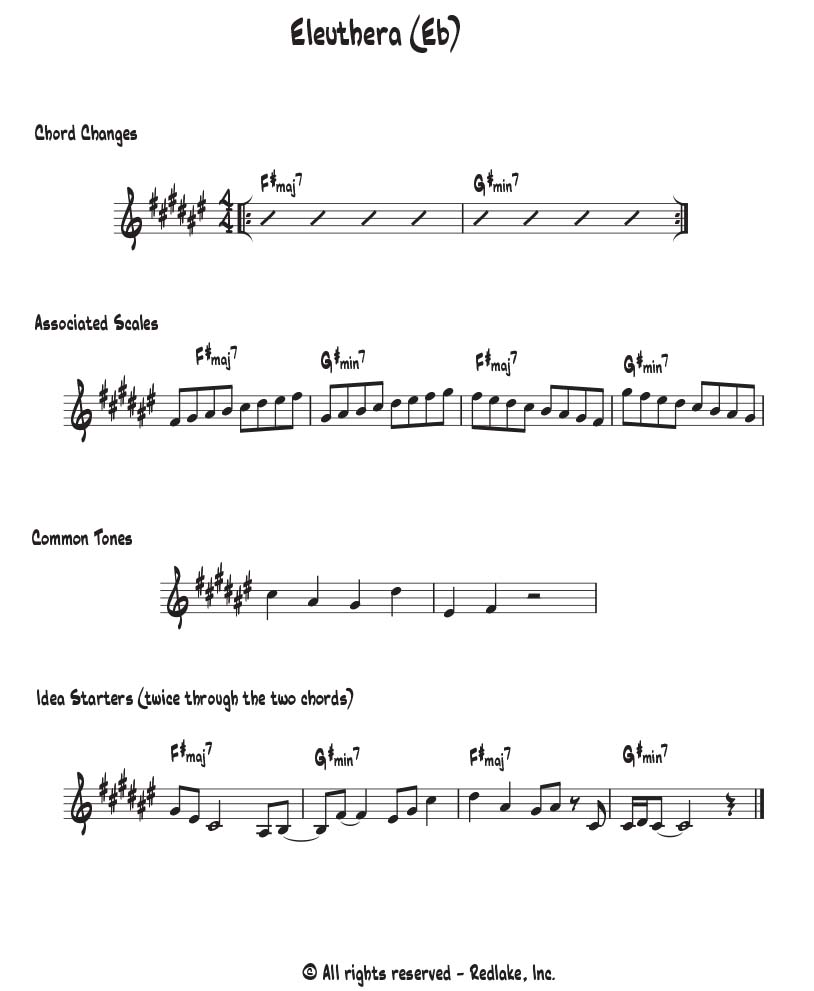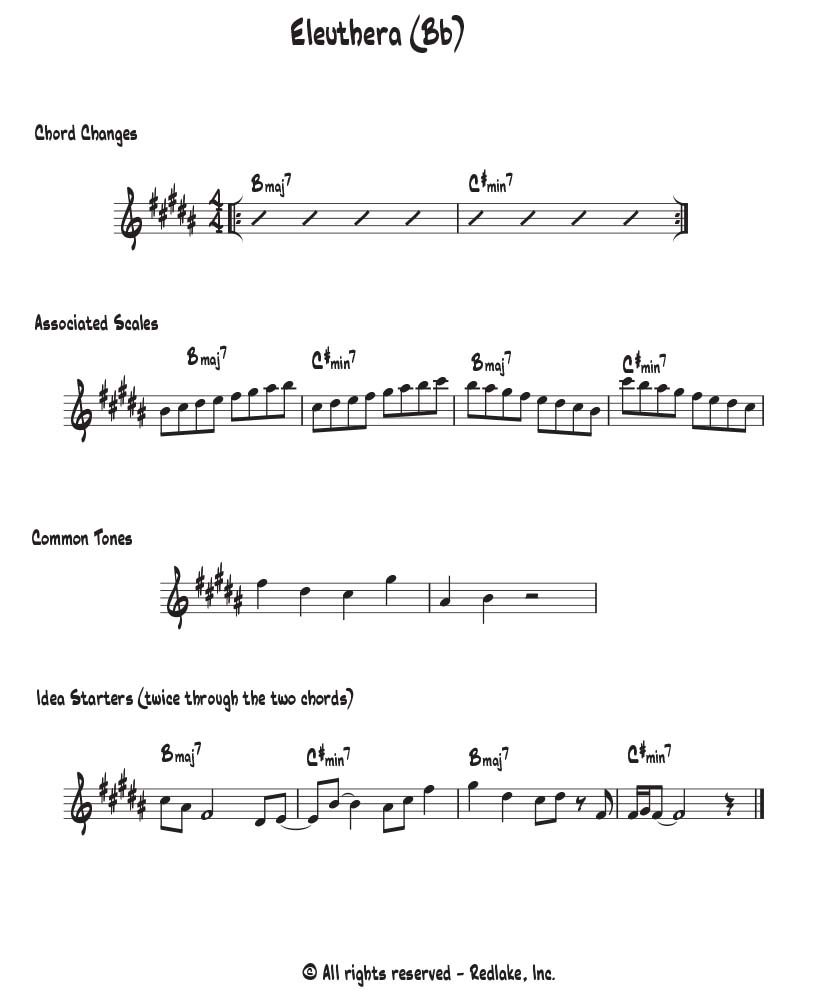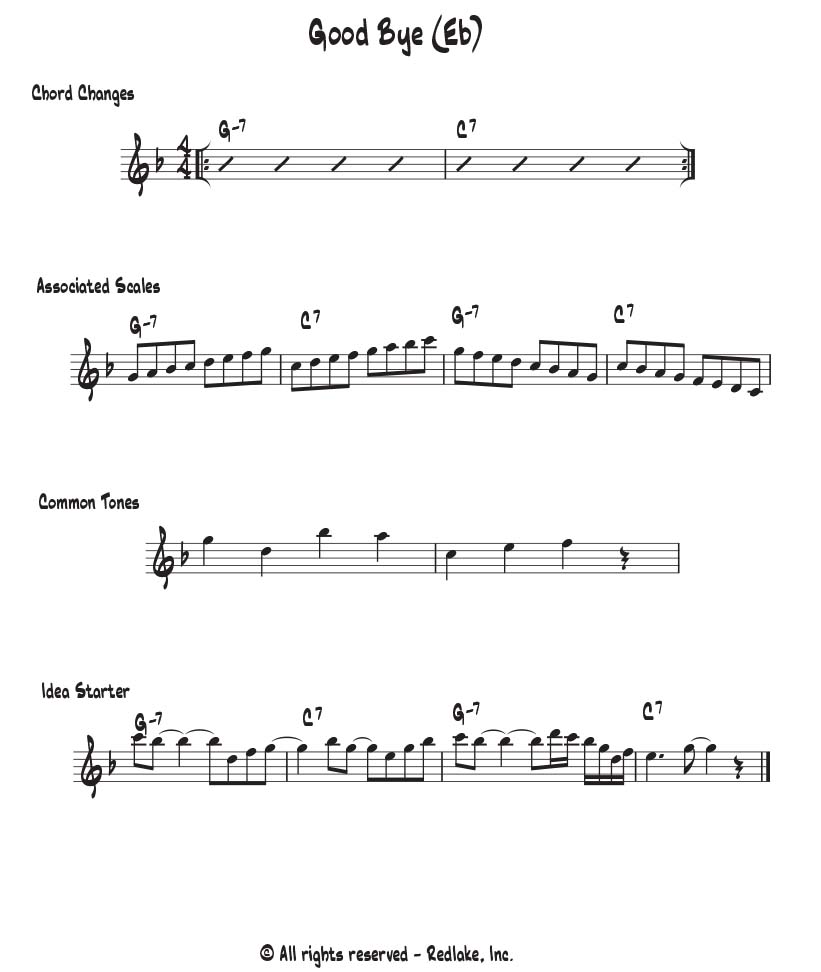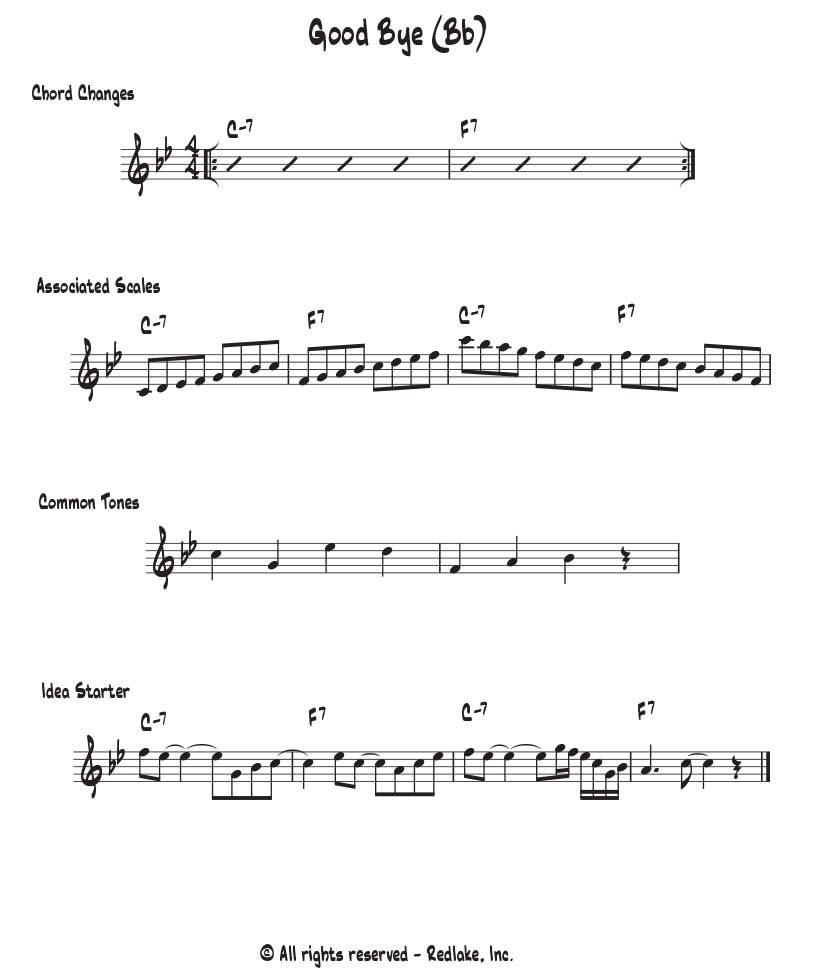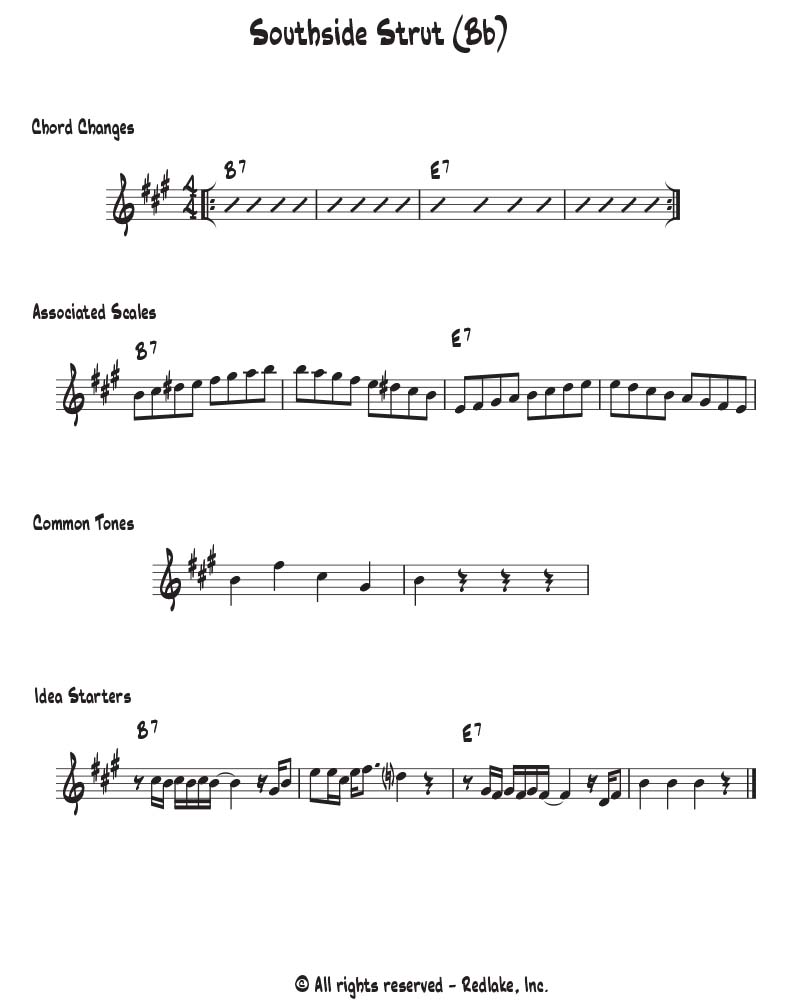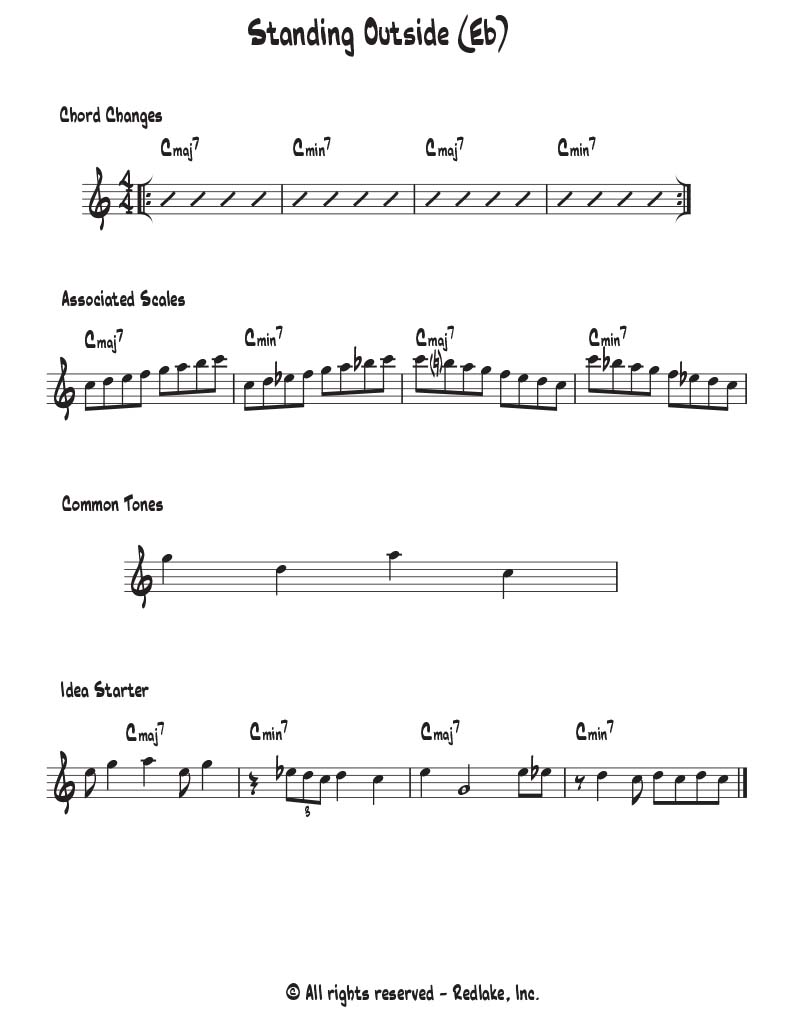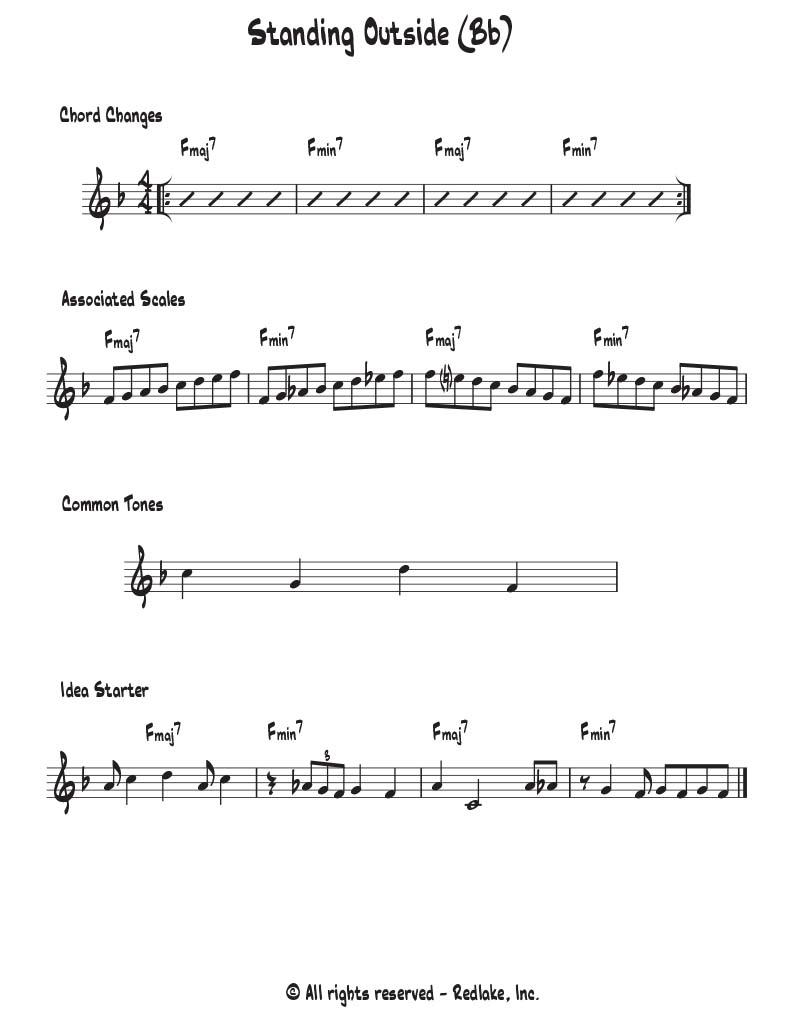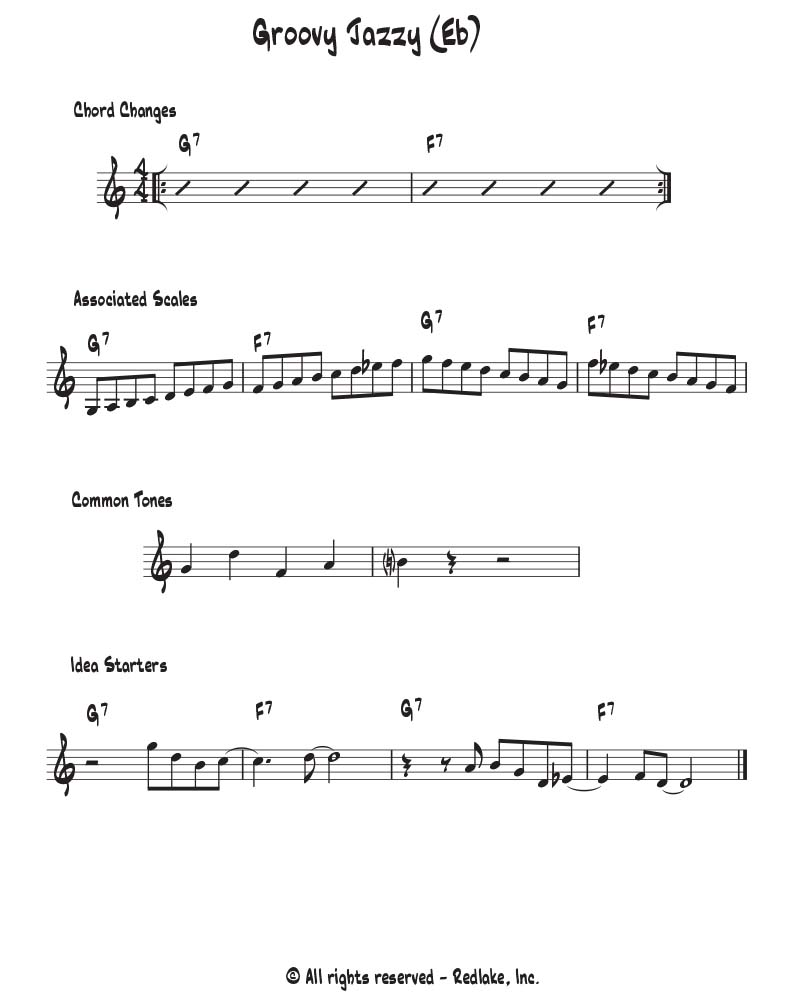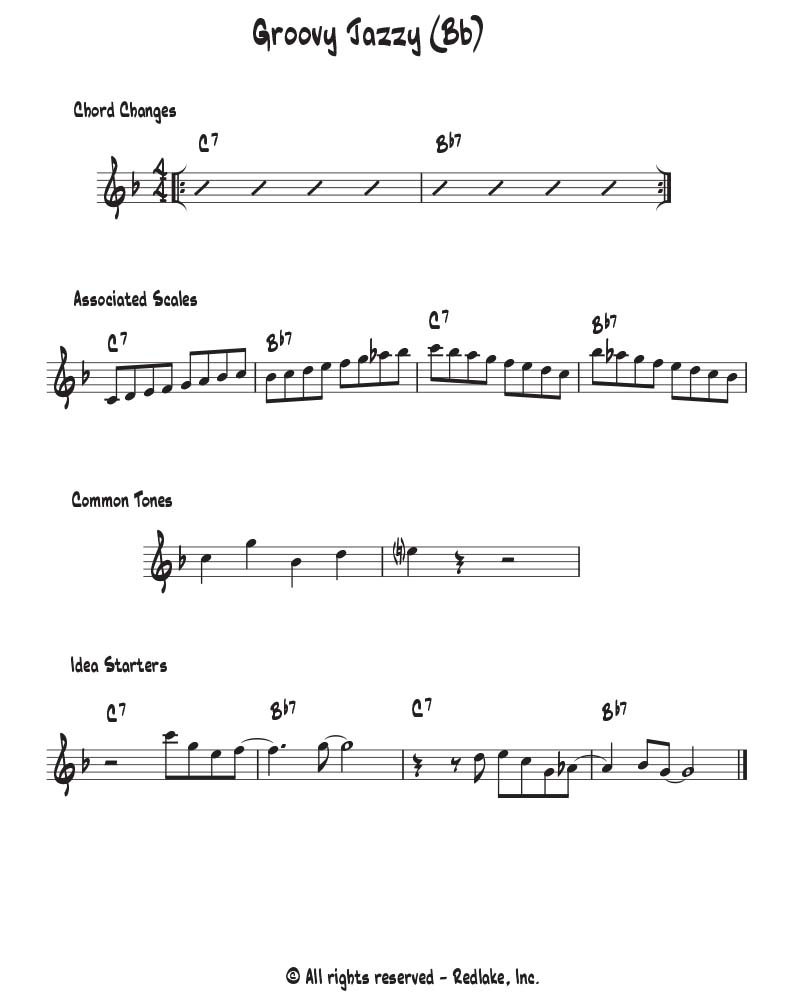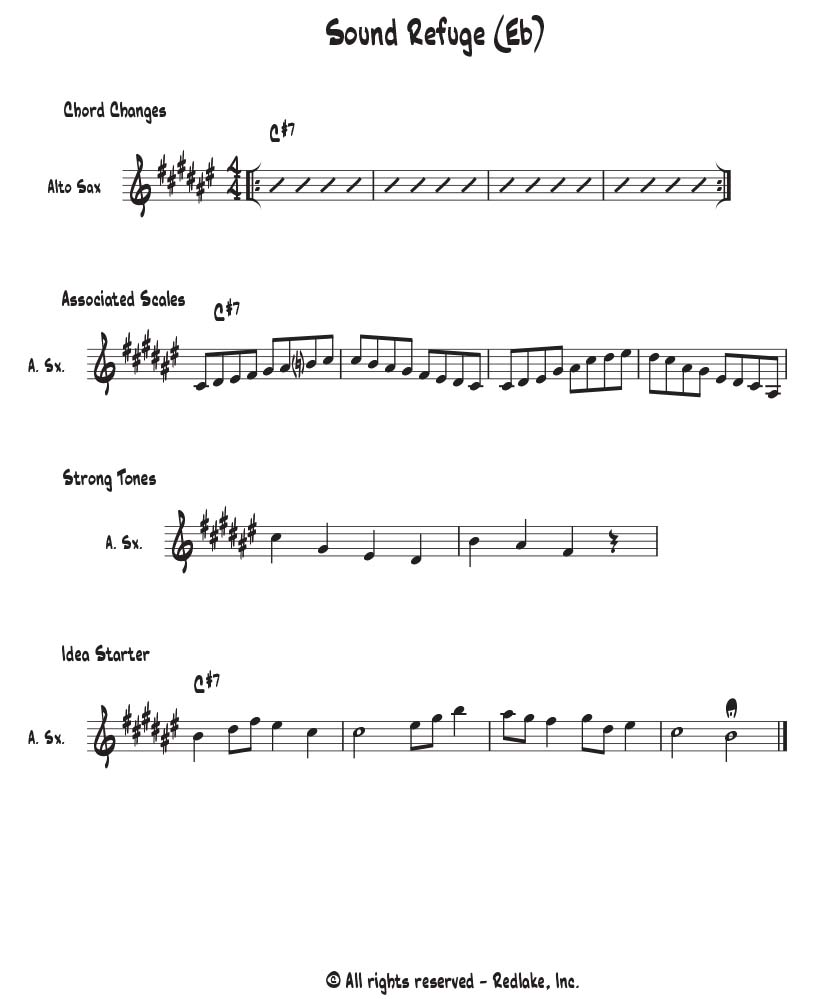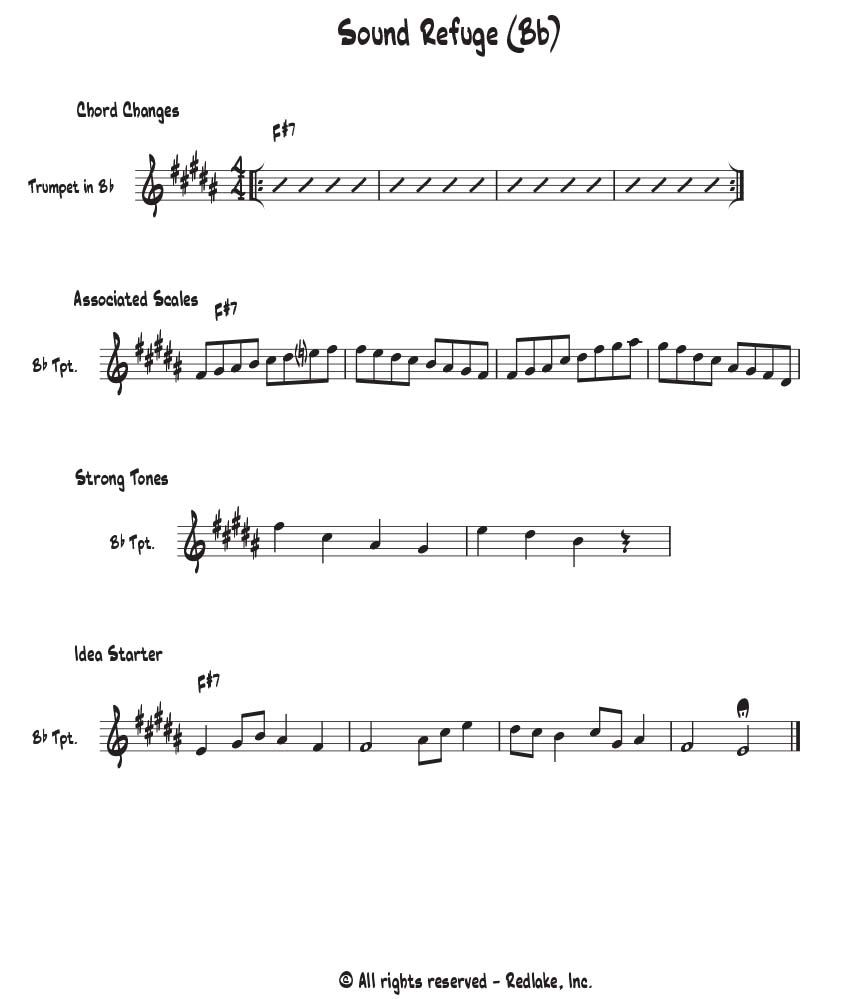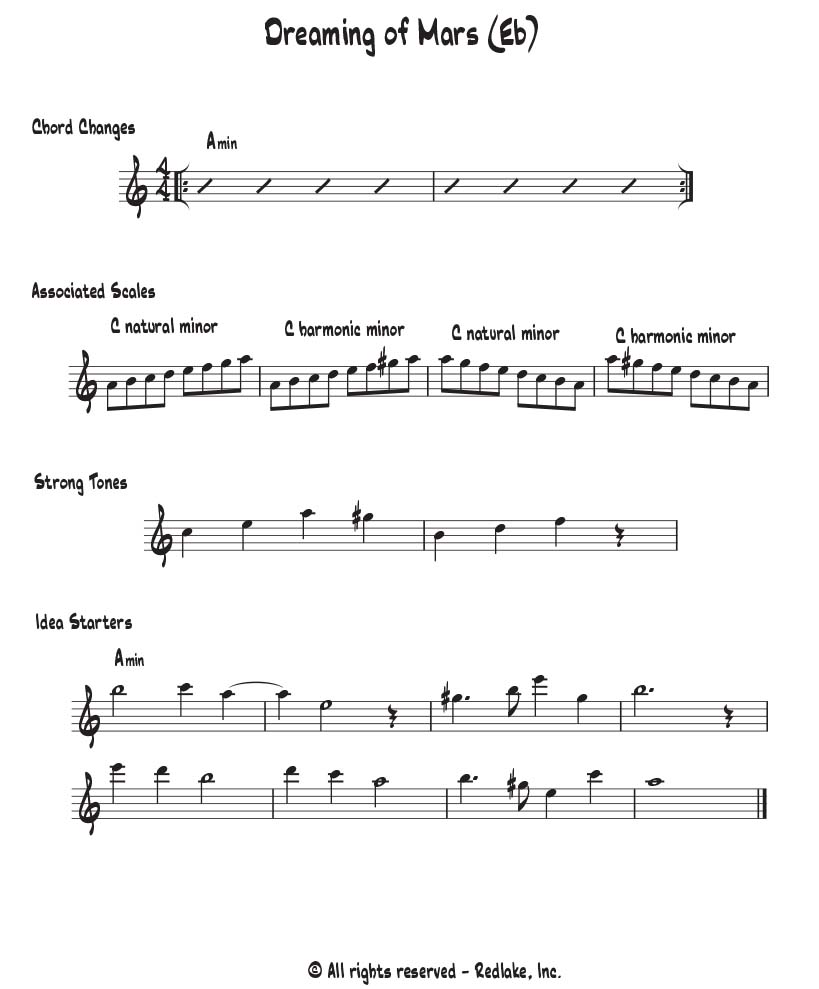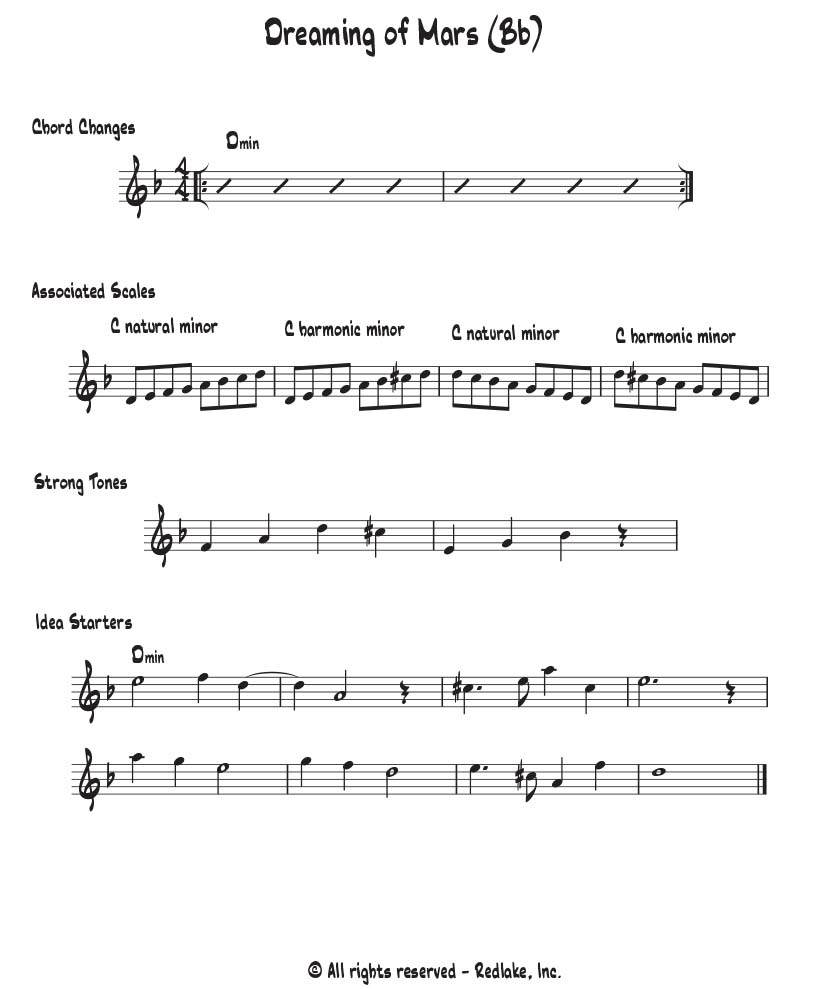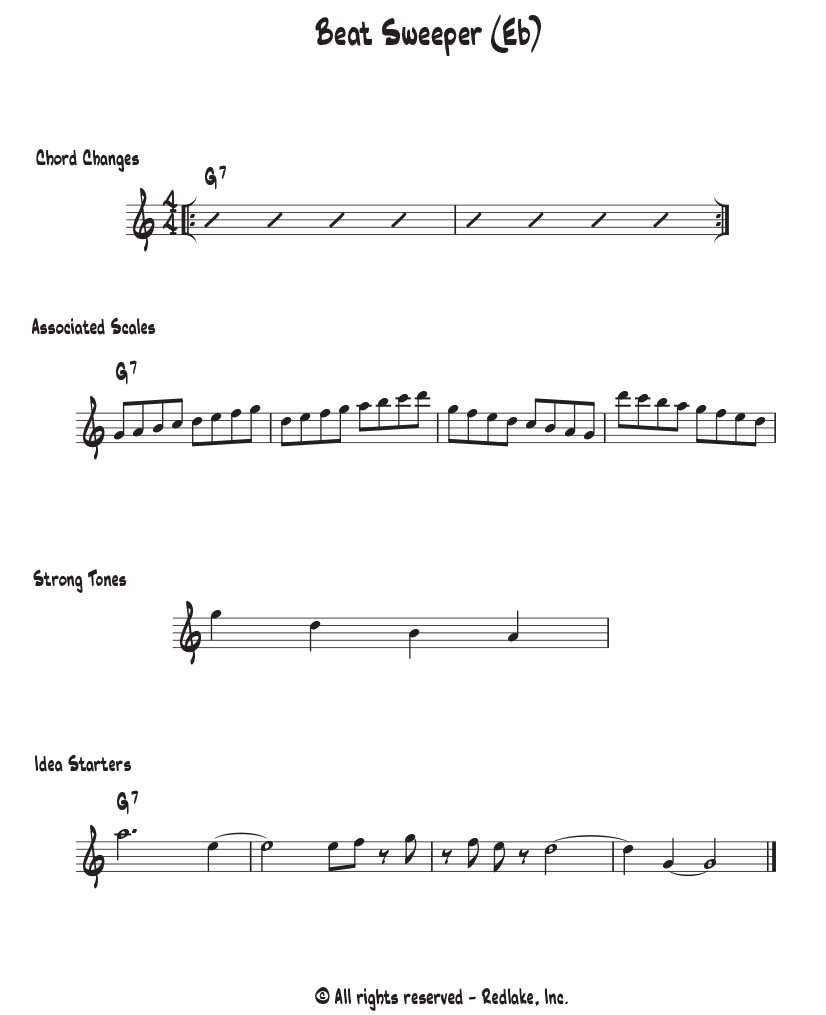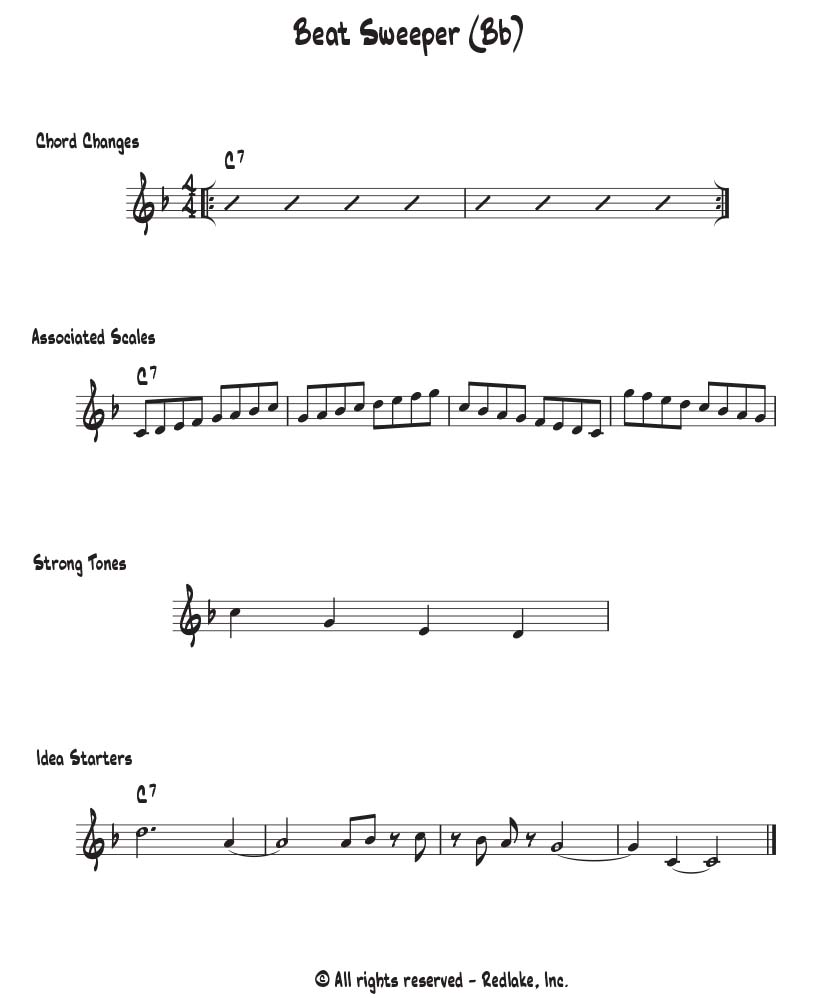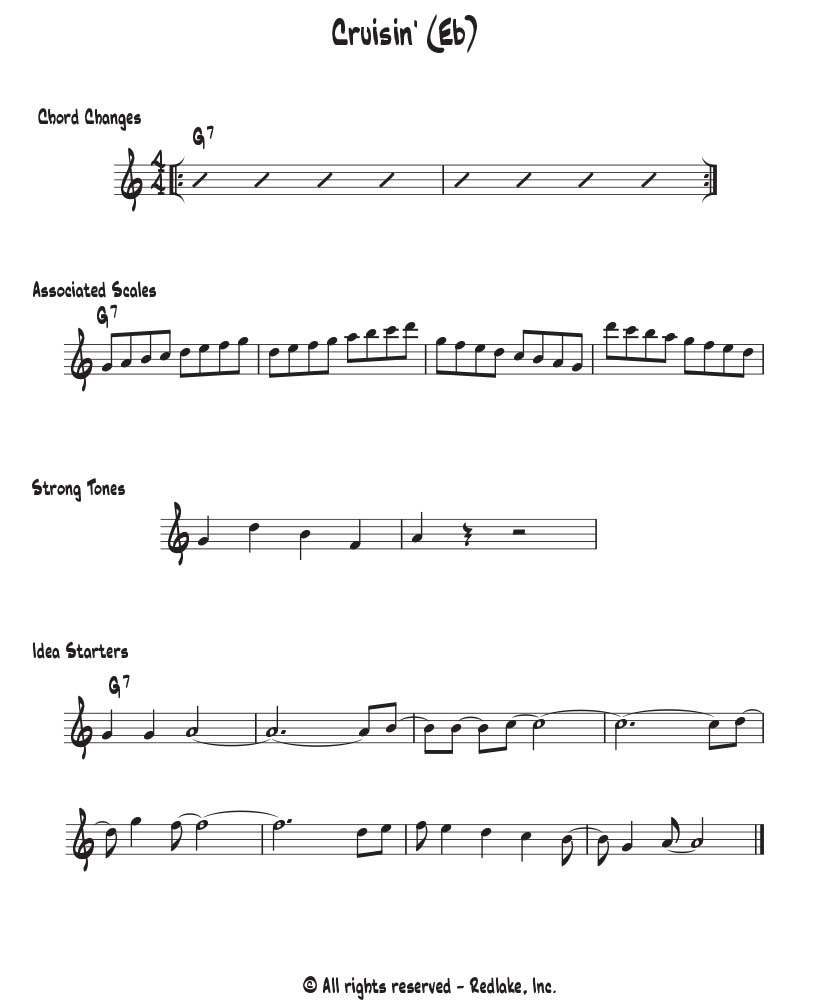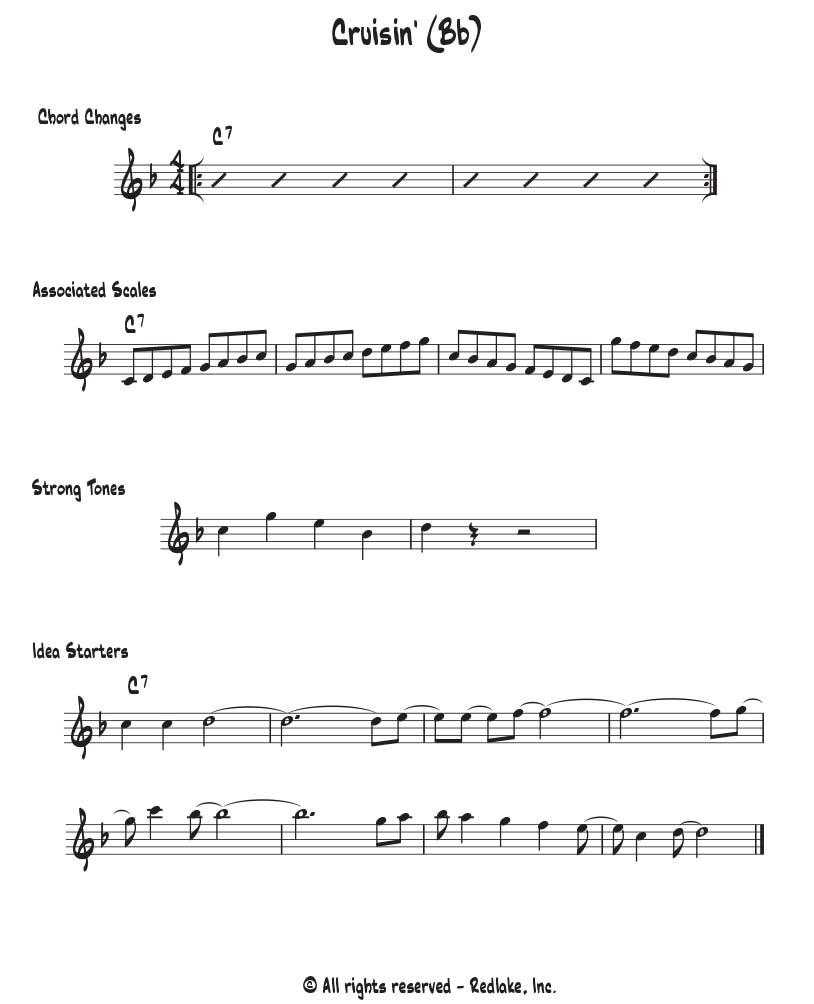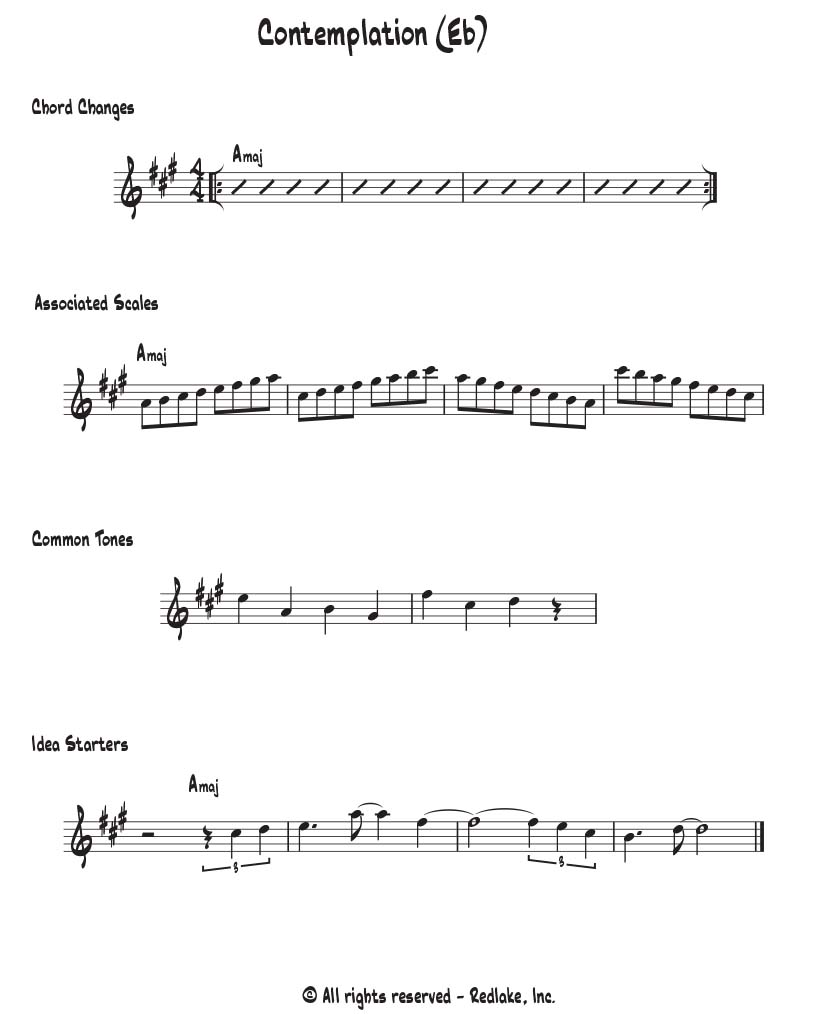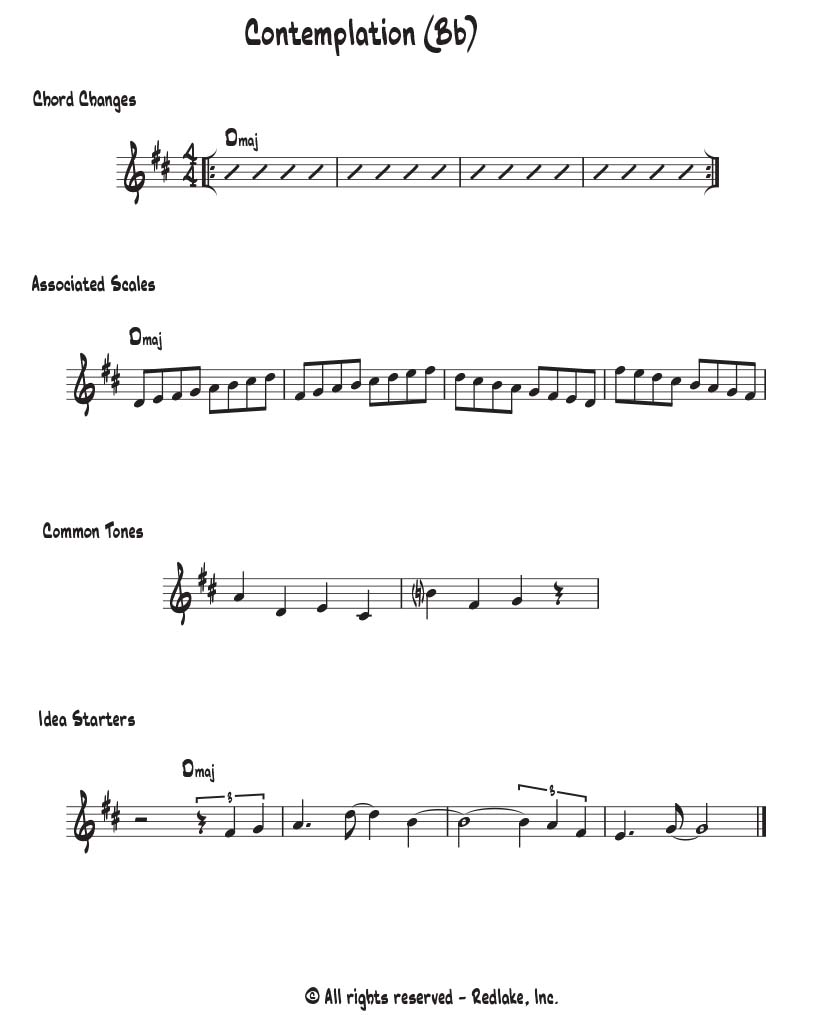The Power of Self-Talk
This lesson could be one of the most important for you in the course. Your brain is a powerful computer that requires programming. You program it by telling yourself things like what you want, what you don’t want, your assessment of yourself, your place in the world, and so forth.
Are you programming your brain to sabotage your playing or to enhance it? Are you programming your brain to find success or to avoid it? Your answers to these types of questions determine your programming. This lesson explains how and why.
Video transcription
I am on a hike on my nearby land here and I almost stepped on a rattlesnake. So I’m gonna be keeping my eyes to the trail. Maybe not so much on the camera as the sun goes down and things cool off and they come out. But I think I can multitask this. What I want to talk about in this video is something that I think is critical to jazz improvisers. And according to science, it’s something that each of us do about 70,000 times a day. And apparently they’ve hooked up machines to people’s brains and they figured this out. That thing is self talk.
00:51 – 01:32
Self talk is that dialogue that goes on in our head and we use it to evaluate things to make choices to confirm things that we believe or figure things out and we’re doing it all the time and it’s part of our nature. There’s nothing wrong with it, but there’s a little bit of a tweak that I want to share with you because where it can go wrong is when it turns negative. How does it turn negative? You just played a solo. You stood up, you played a solo, you played your heart out, you did the best you could and you sit down and you say to yourself, “Oh my God, that was terrible.”
01:33 – 02:08
(Continuing) “I don’t know why. I thought I could play through that. I don’t know why I still play the instrument. I should just give up on this. Why do I put myself through this humiliation?” On and on and on. We’ve all been down that rabbit hole or I have I know for certain. And the problem with that is as Henry Ford said, whether you think you can or you think you can’t, you’re right. And what he meant by that is the thinking you do is the programming that your brain needs and is soaking up.
02:09 – 02:41
When you pervasively think of yourself as not very accomplished and life is not really going to give you what you need and just negative, negative, negative, your brain picks up on that and tries its best to accommodate you the same way it does. If you wake up in the morning and believe that you’re gonna, you’re gonna eat the bear this time, your brain will do its best to help you succeed. So what do we do about that? And that’s kind of what I wanna talk about in the video.
02:43 – 03:27
I want to share three thoughts with you about this. Now, one is why I think it’s also important on a course on improvisation because this whole course, if you tied one basic concept to it, it’s called listening. And what I’m encouraging you to do is be a better listener to your own self talk. And the challenge with that is, is our self talk, especially as you get older and, and live on the planet more it becomes automatic. It becomes, you almost don’t hear it because it’s just the same dialogue. It’s like watching reruns on a show and you don’t really pay attention as much. But I’m encouraging you to pay attention.
03:27 – 04:19
And think about what it is you say to yourself. Is it encouraging? Is it self deprecating? Is it downright nasty and negative? Listen to it? Now, if you listen to yourself talk, you’re likely to hear something that you probably wouldn’t say to someone else, right? Could you imagine saying to someone else after they played their heart out on a solo? You know, you, that was, that was not good. I don’t know what makes you think you can play. You can improvise. I don’t know why you still stick with this instrument because it ain’t happening, right? You wouldn’t say that to somebody or imagine you heard someone saying that to someone else, you’d step in and intervene. You say you’re a monster. Why are you saying that? But we say that to ourselves. So the first step is hear i.t
04:20 – 05:13
Now what do you do about it? Well, you gotta recognize it and then try and break that pattern. I have a friend who, she wears a rubber band around her wrist and when she gets into a place that she realizes is not in her interest, she snaps that rubber band on her wrist and it’s a way for her to kind of get a wake up call that said, hey, oh, you know, she’s training herself, there’s a little bit of pain with that training. And for her it helps. Some people call that little voice that gets negative a little pet name. You know, maybe it’s the devil. Maybe it’s something worse, maybe treat it like it is some kind of third party entity that’s entering your consciousness and get it out.
05:14 – 06:05
Now, if all of this is sounding a little fufu to you, look up something called muscle testing on the internet and maybe go to a youtube video and watch somebody do muscle testing. It’s a very interesting thing where, where basically someone is holding some part of your anatomy, your arm or something. And, and they’re asking you to say something patently true or something patently false. I’m sorry, something false, something untrue and then measuring their strength, their immediate strength right there and then say something that’s affirming something that’s true. And all of a sudden the strength comes back, it’s a little bit like this. If you’re about to stand up for a solo and your mentality is, oh, I’m gonna crash and burn on this. That’s gonna be really hard to play your heart out.
06:06 – 06:40
So the first step is to hear it, recognize it and then change direction and how do we change direction? Well, I think there’s a lot of ways, but one way I’m gonna give you is a simple word. It’s called gratitude. I’m grateful. I didn’t step on that rattlesnake earlier earlier on the trail. That’s I have gratitude for that because I can’t imagine what would have happened out here with the helicopter arriving with me full of venom. But I mean, that’s a little bit silly but gratitude about people that are in your life, gratitude about things that are in your life.
06:40 – 07:25
Gratitude about the things that you now can accomplish, things that you’re good at. Think about the things musically that you’re accomplished at you. There’s no way you can tell me that there’s absolutely nothing positive about some aspect of your playing. And I think focusing on that for a moment, gets you out of that that space. It kind of parts the dark clouds. And I think if you pay attention, think about the negative talk is something that you might say to someone else or some or a conversation you’re hearing externally and then being able to get yourself out of that space.
:07:26 – 07:50
I think that that topic belongs in a course on improvisation because I think that in itself is going to make you a more accomplished improviser in a shorter amount of time because you’re gonna be programming your brain to do exactly the things that you need to do to get better. Try this. I’d love to get your feedback on it to see if it works and I wish you luck with it.
